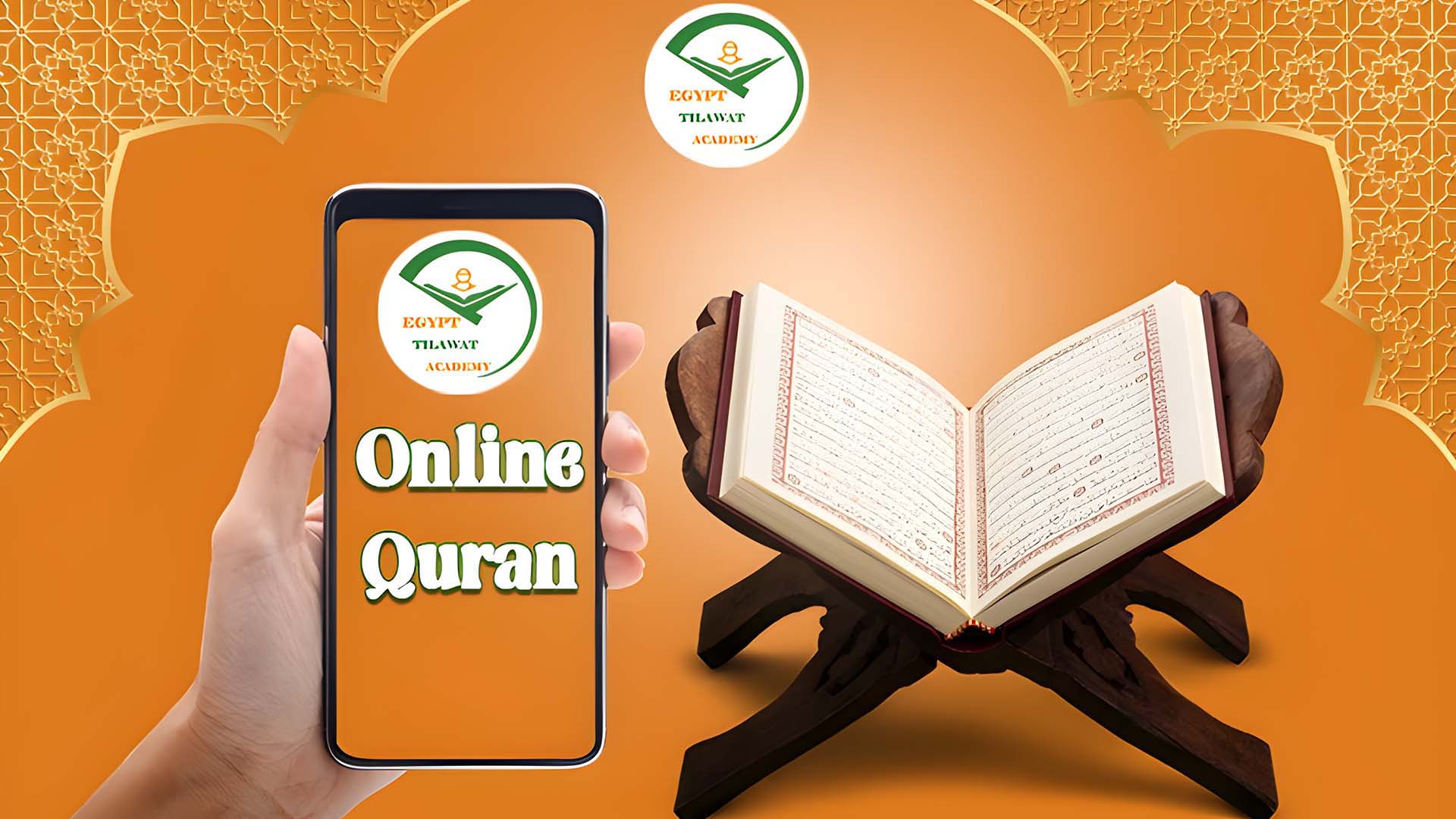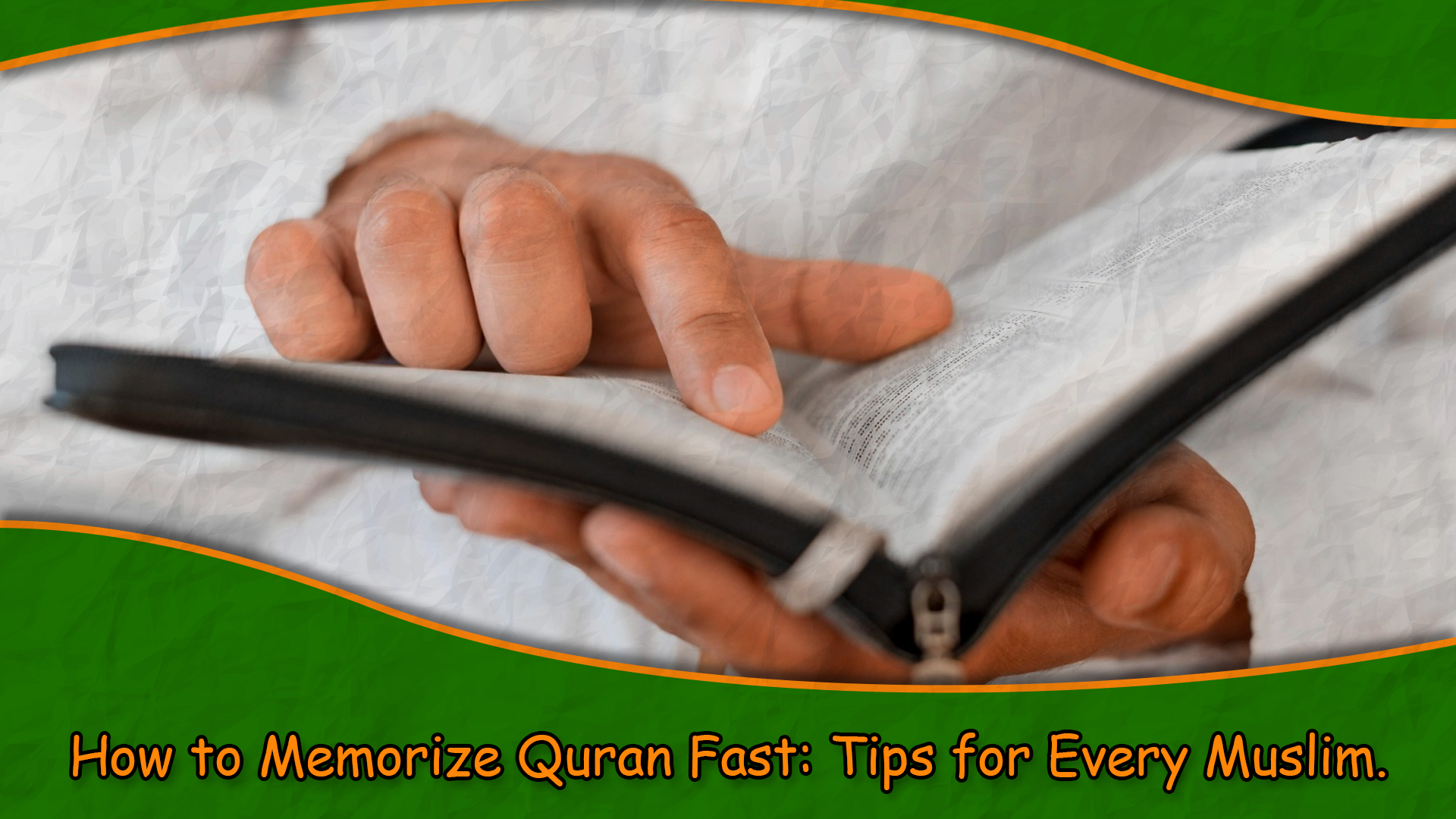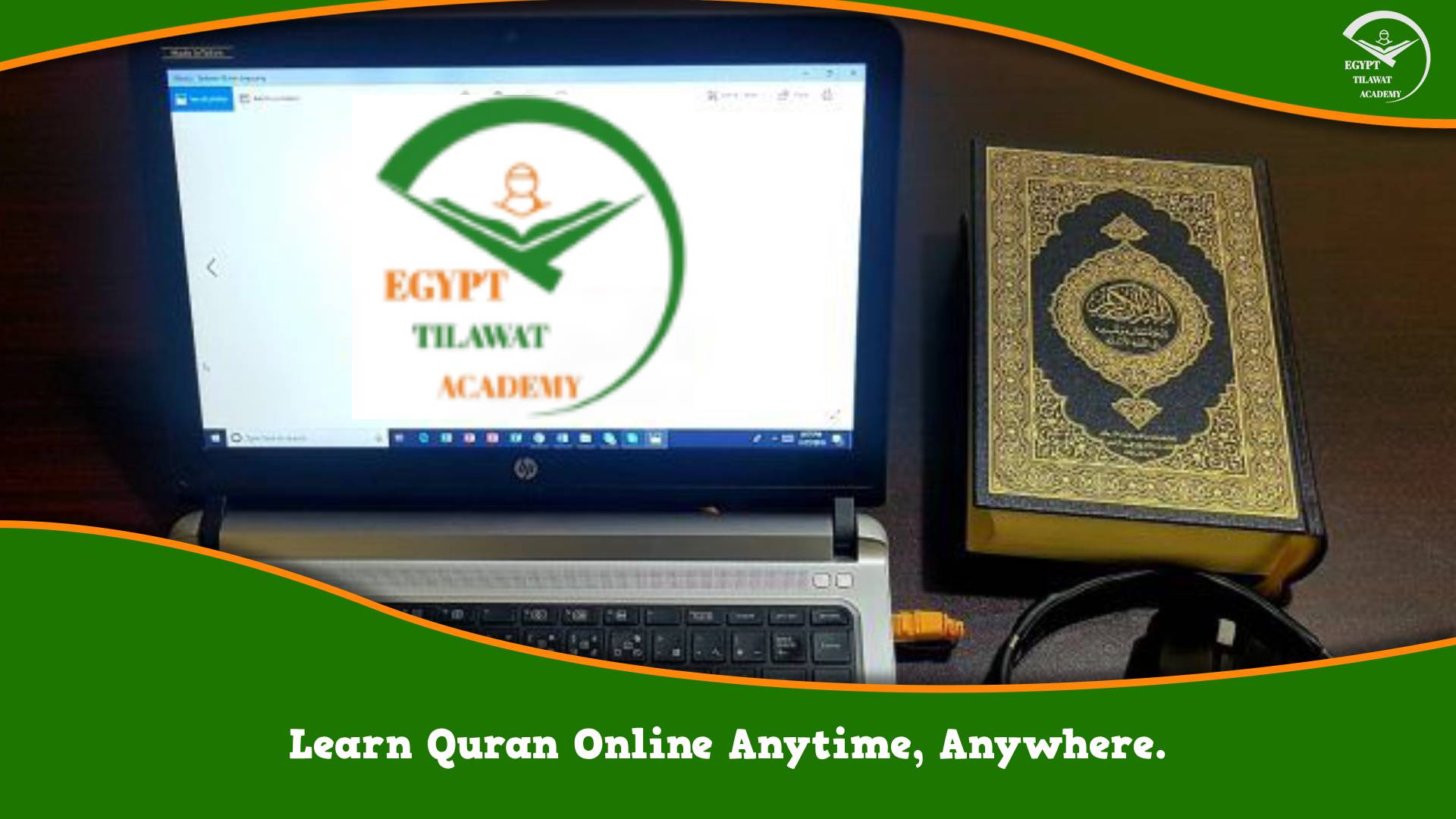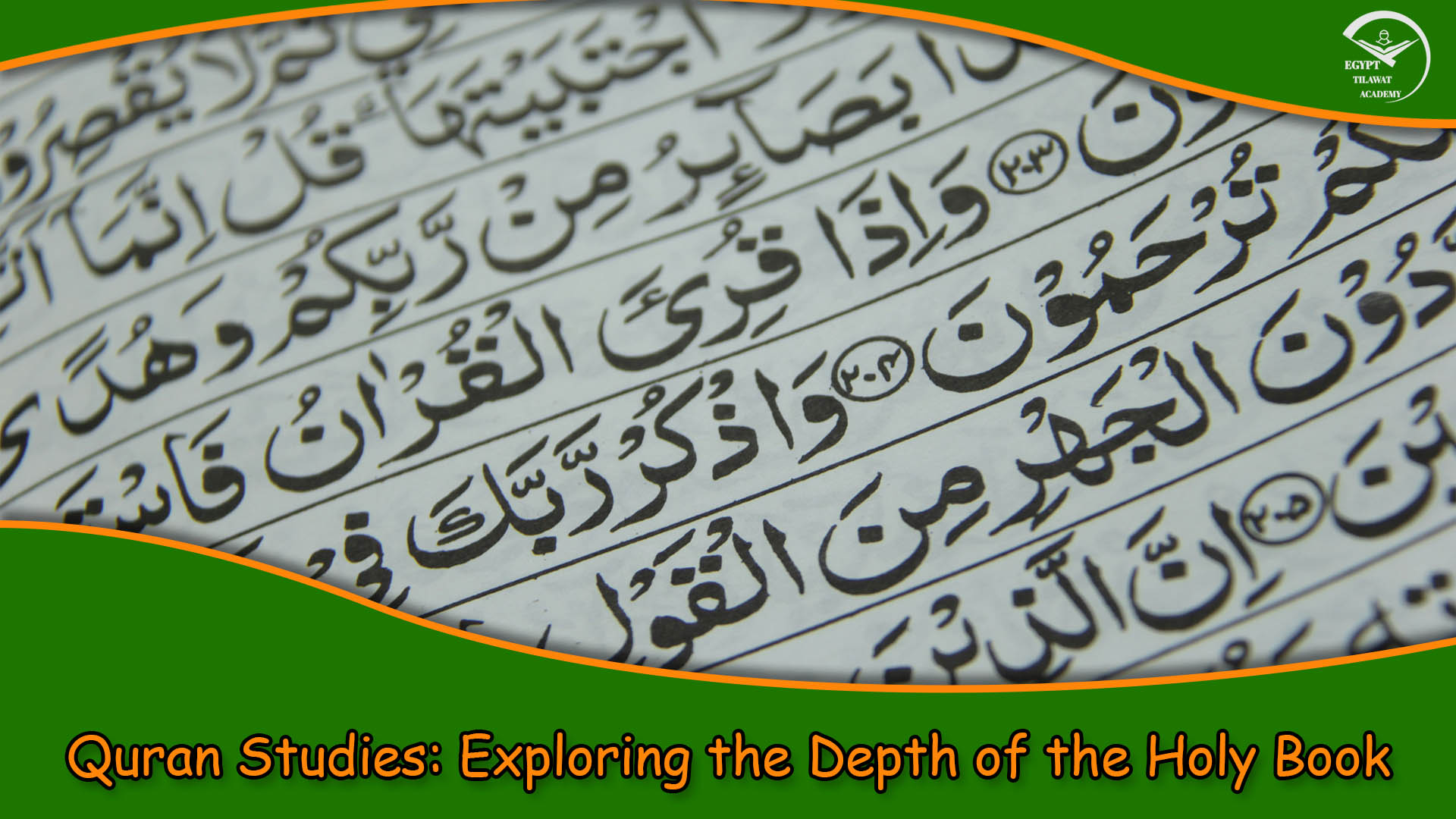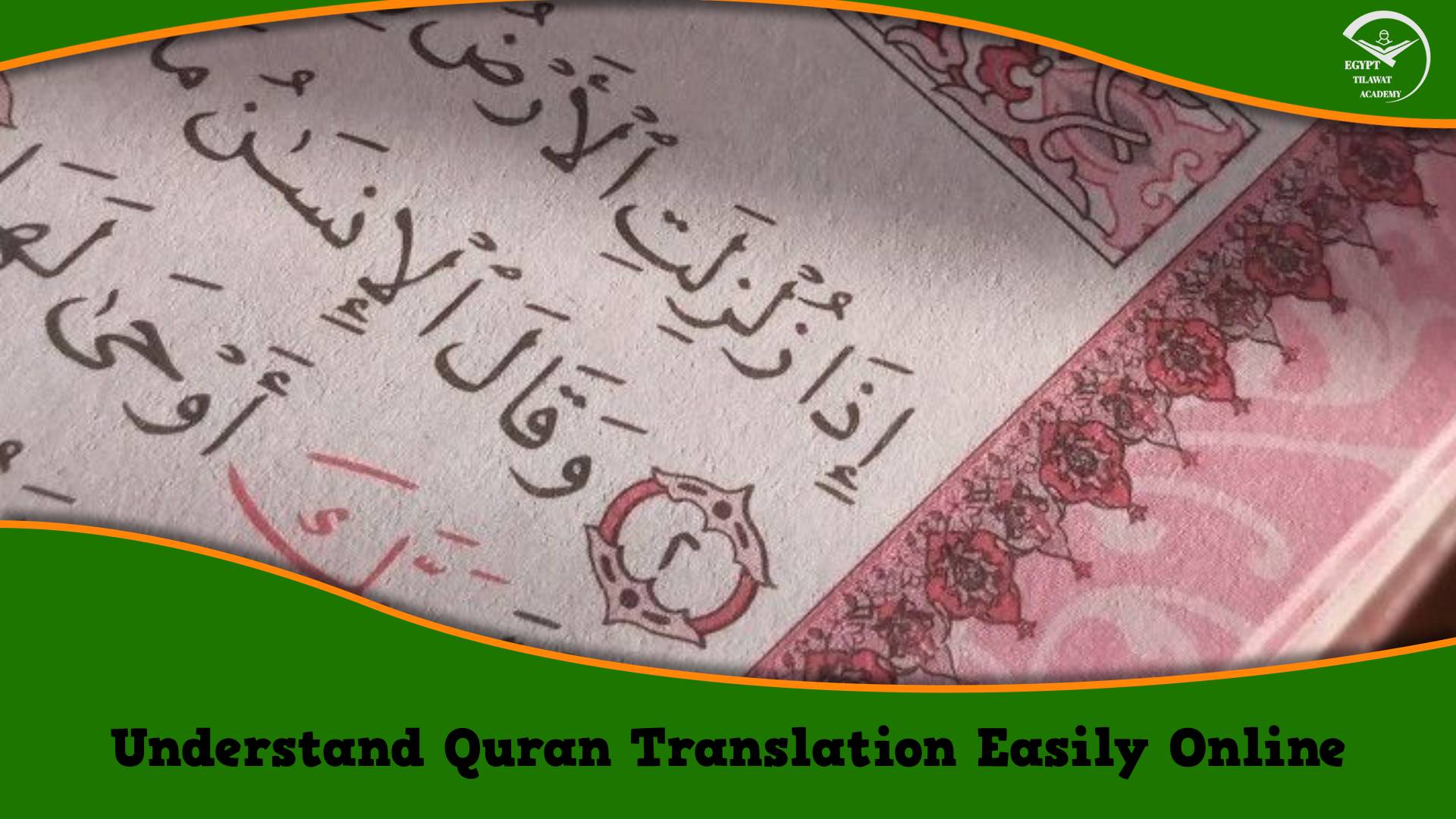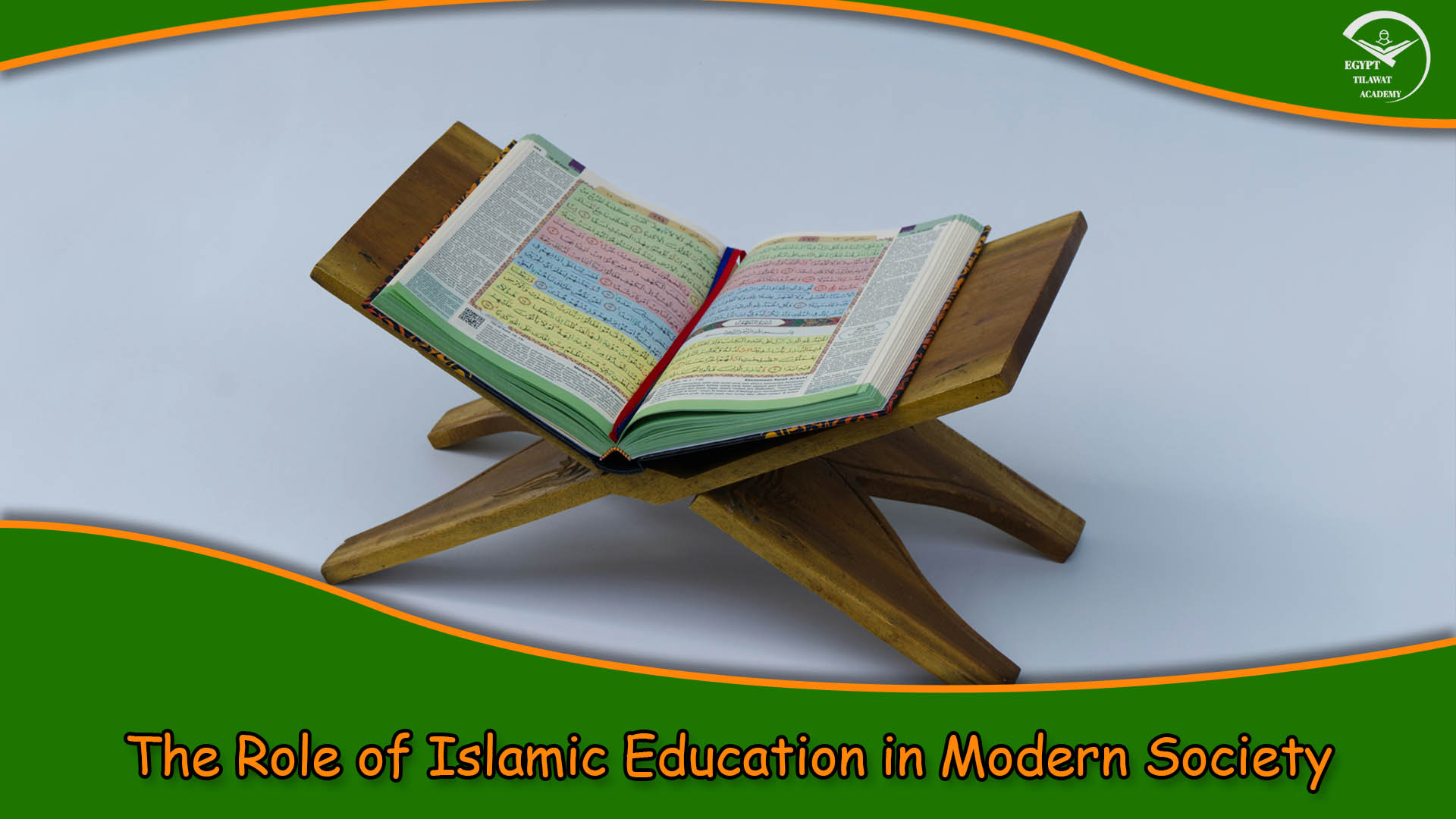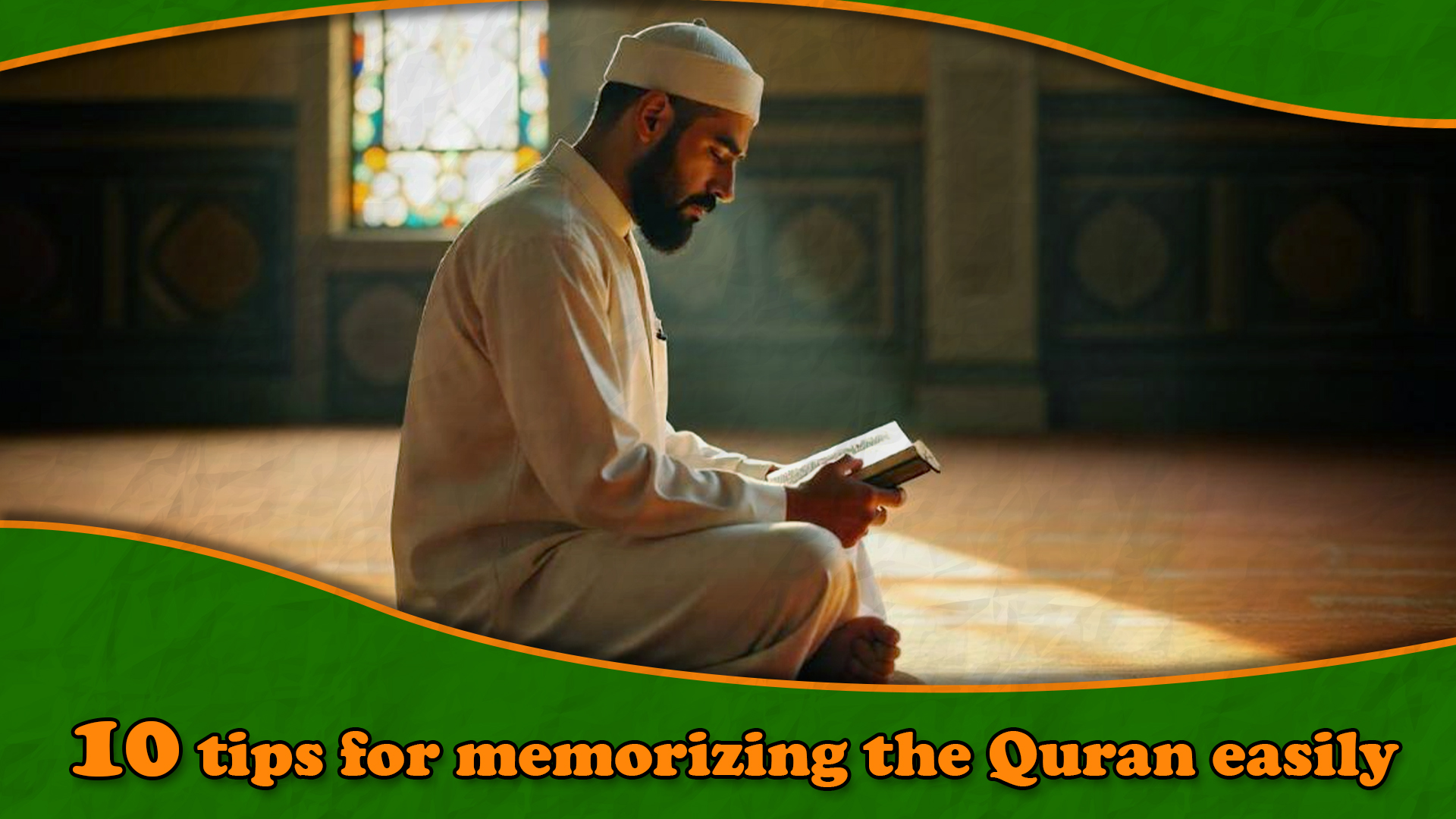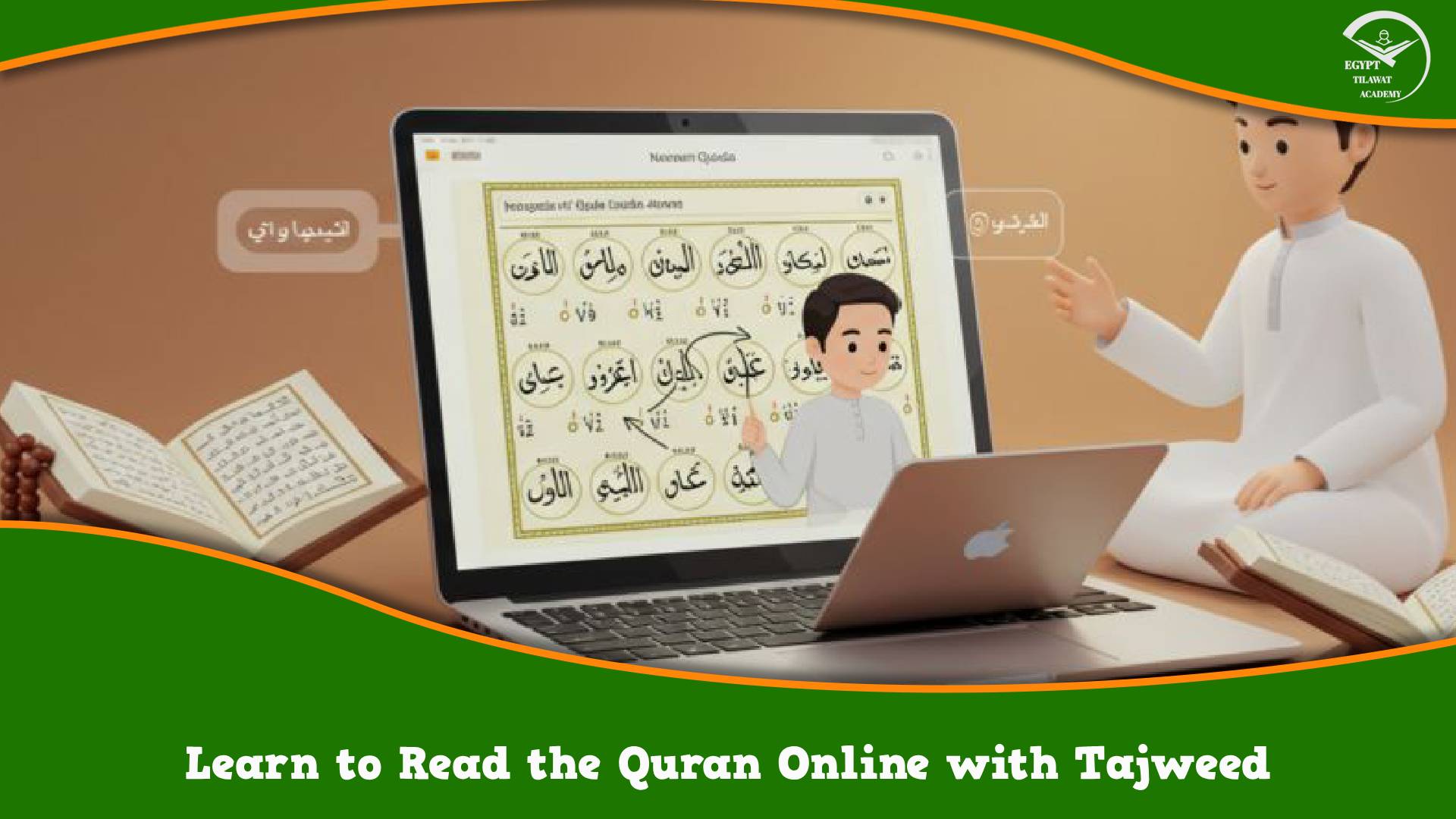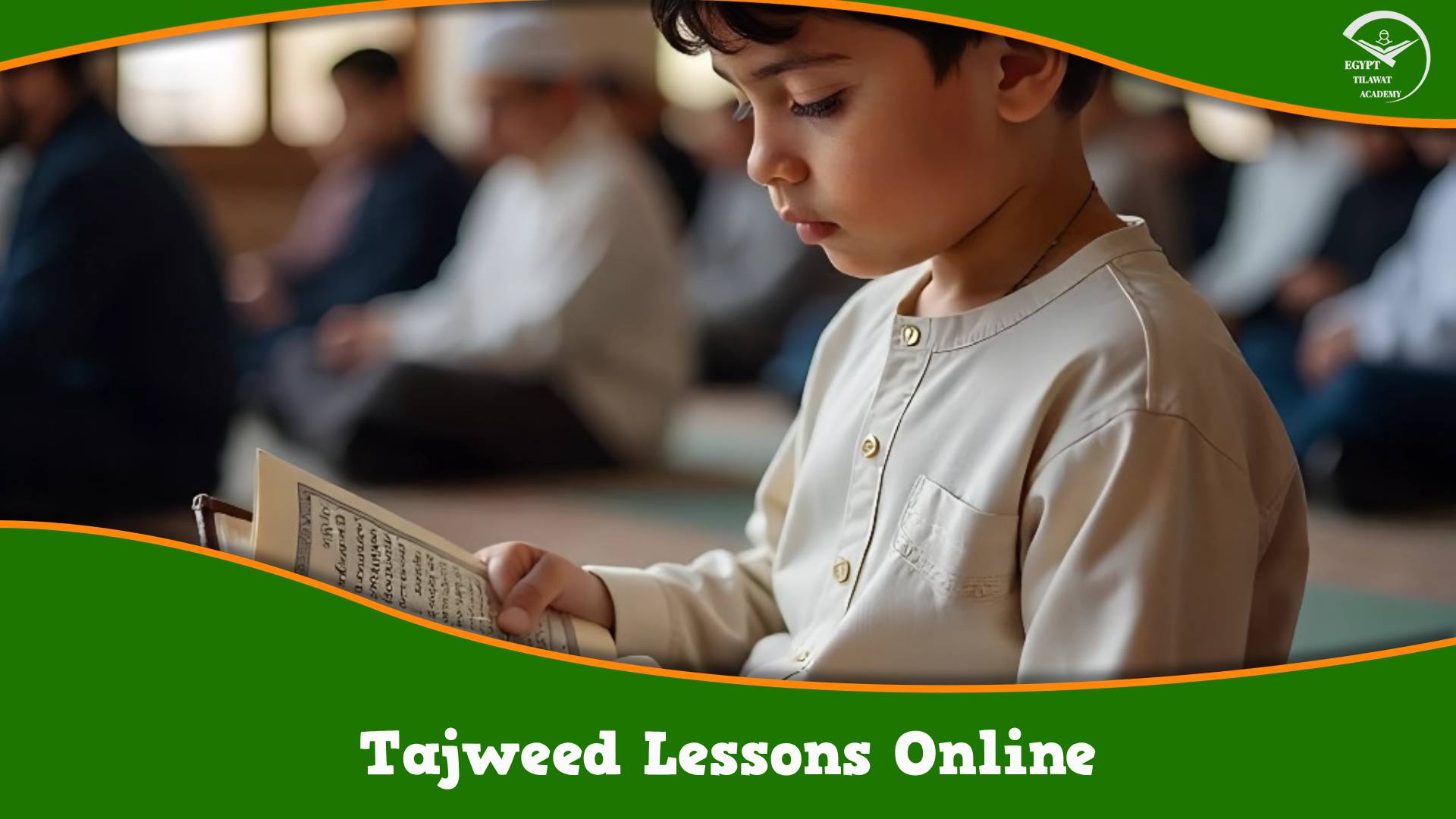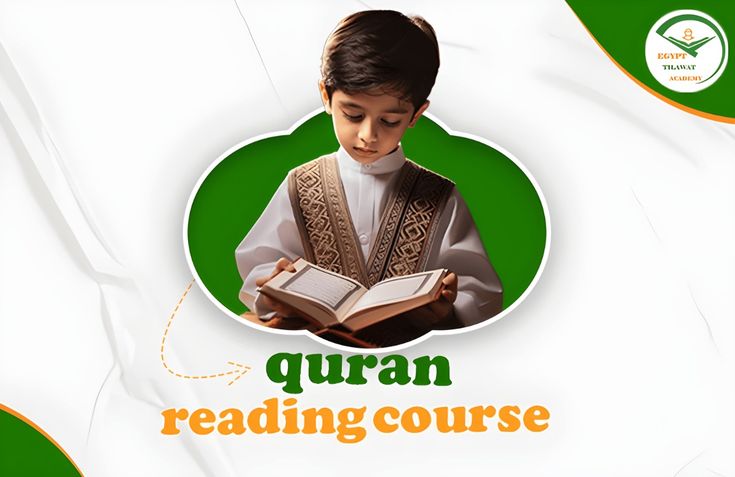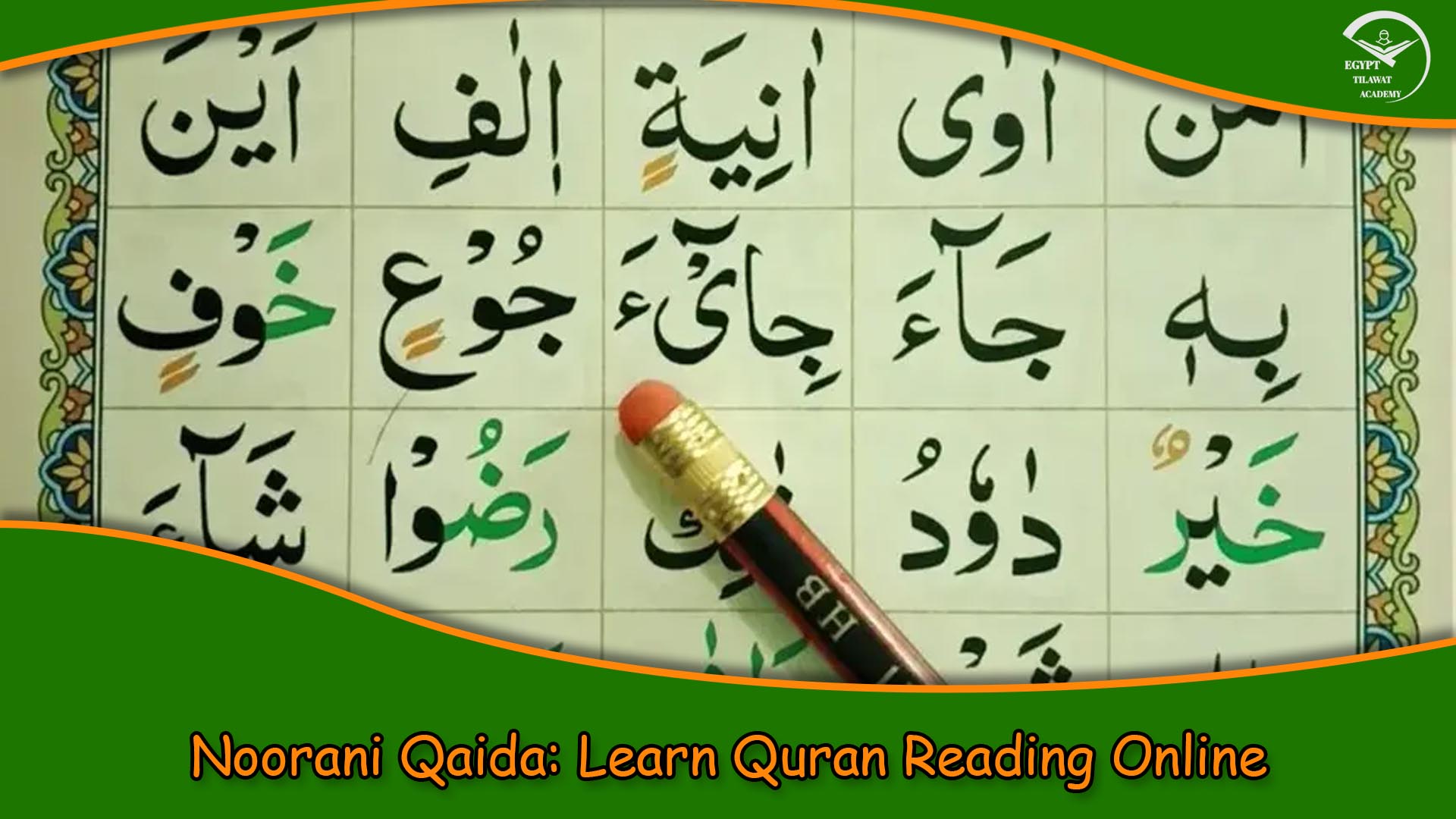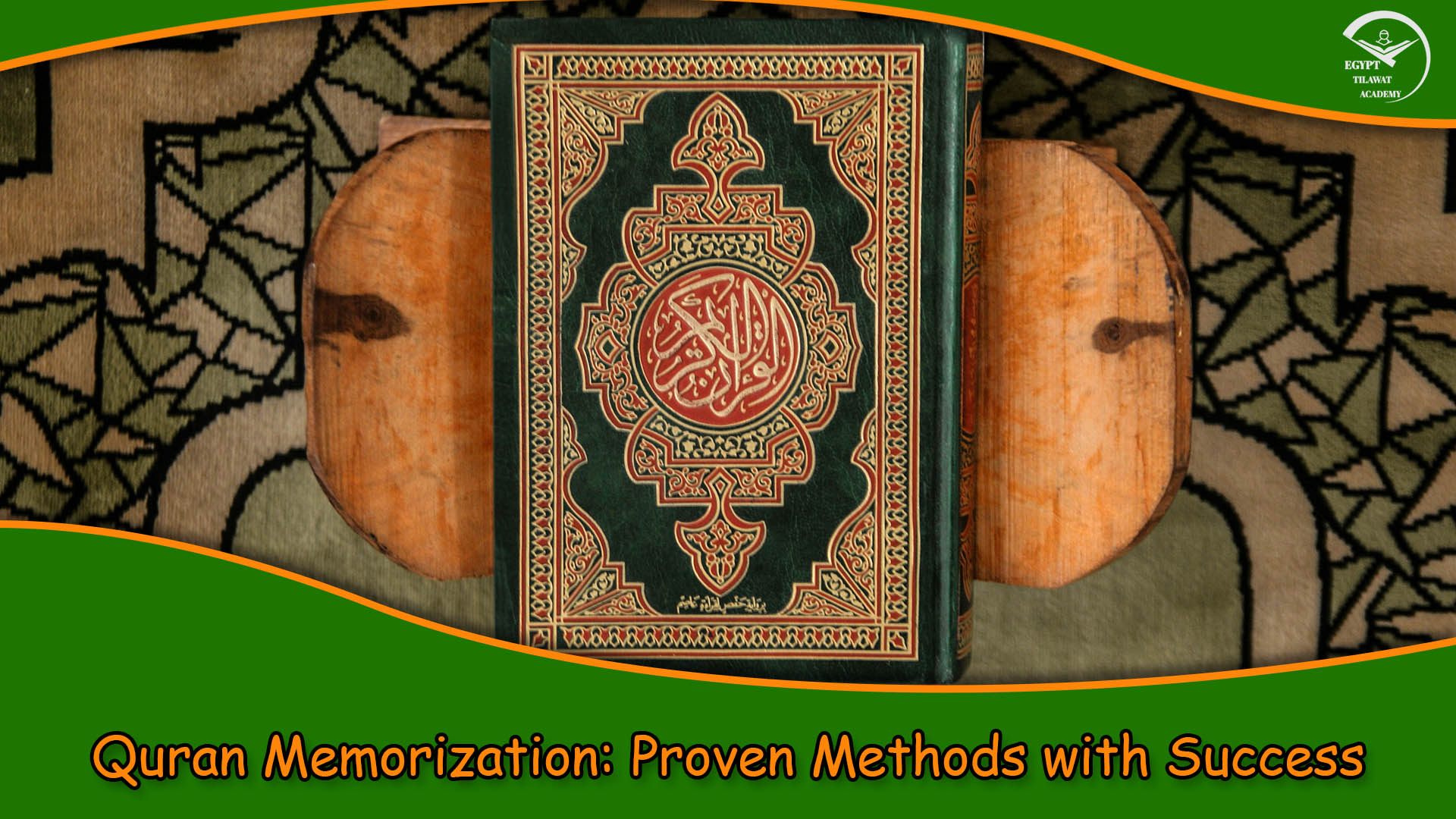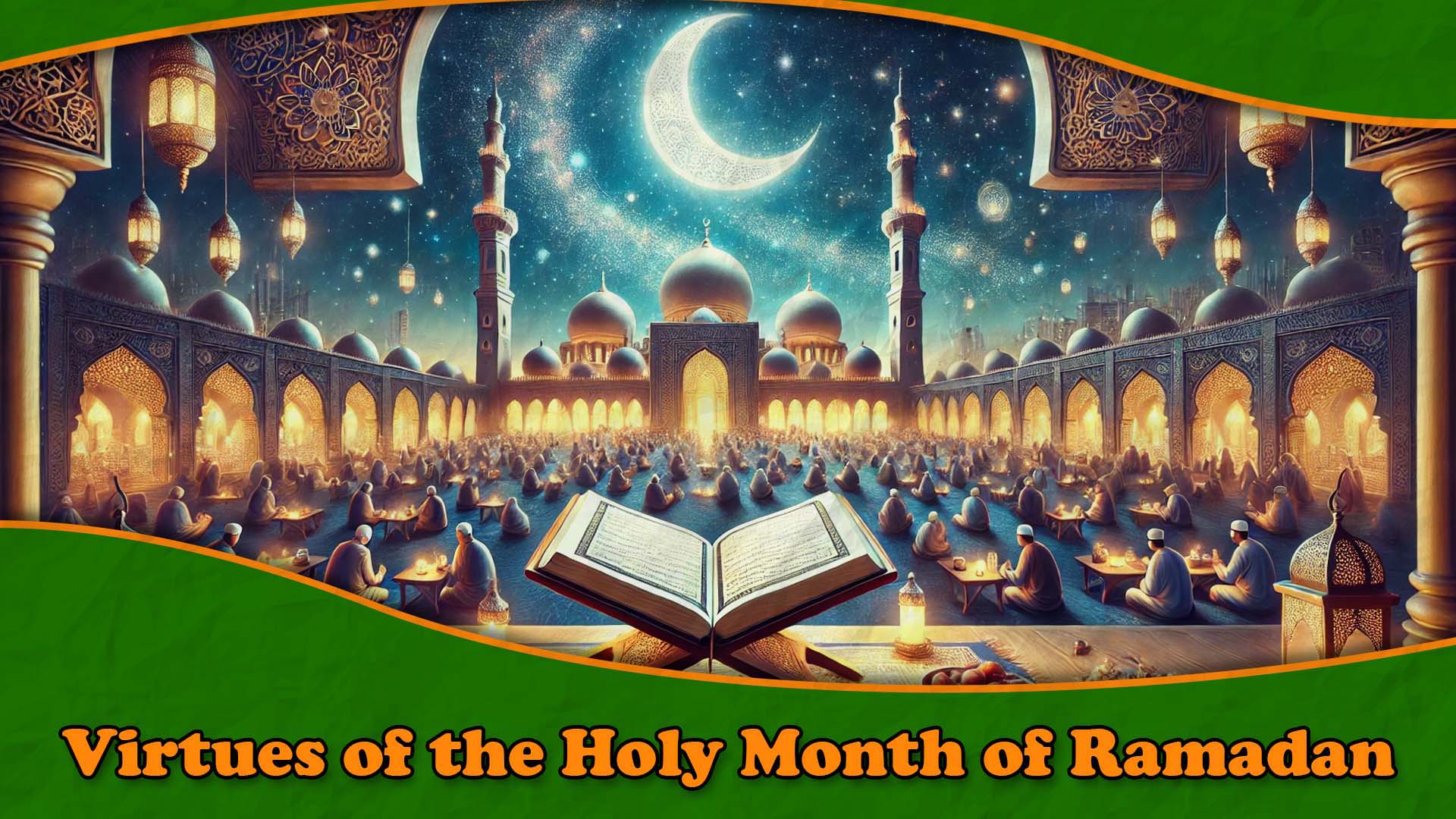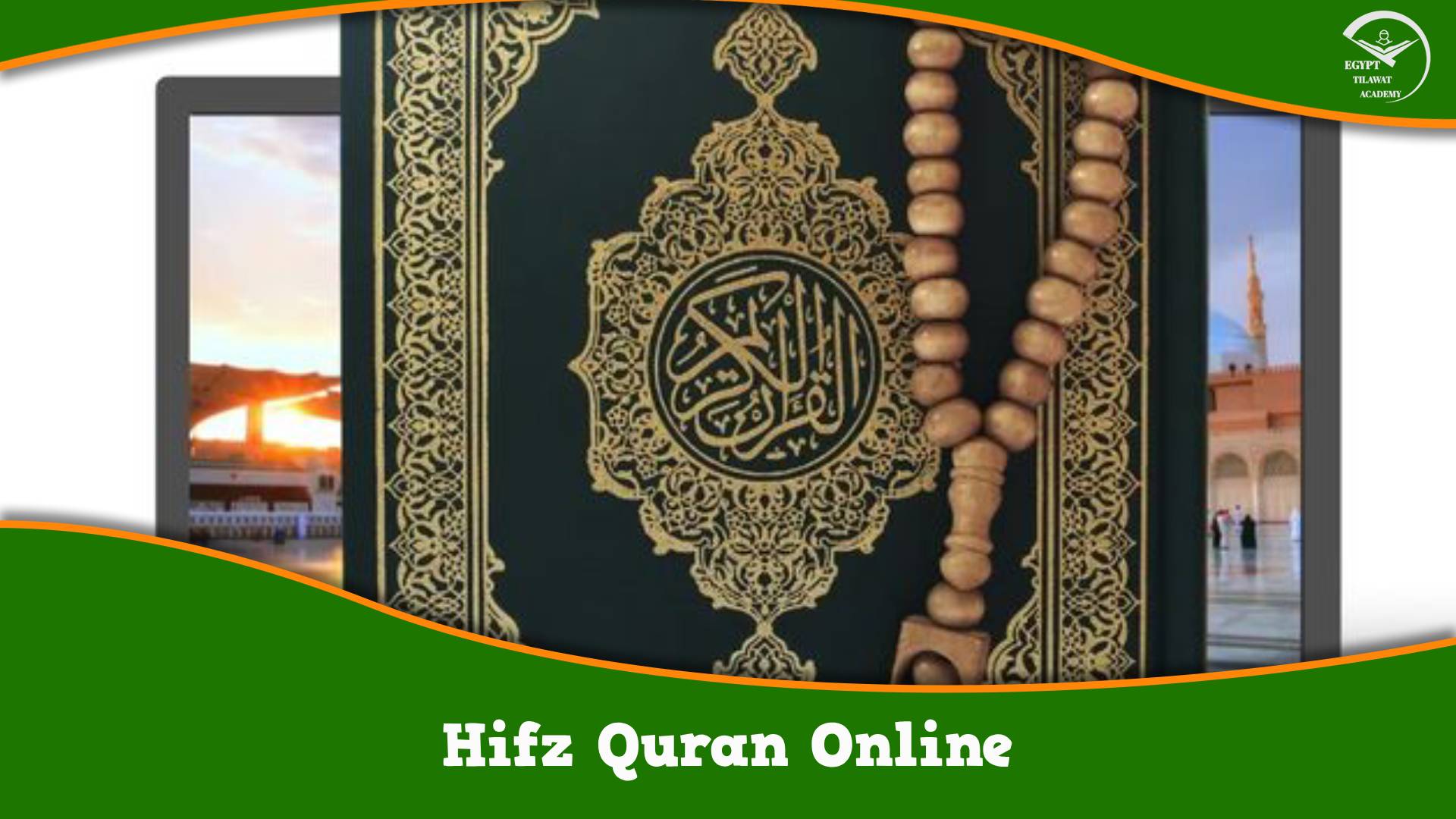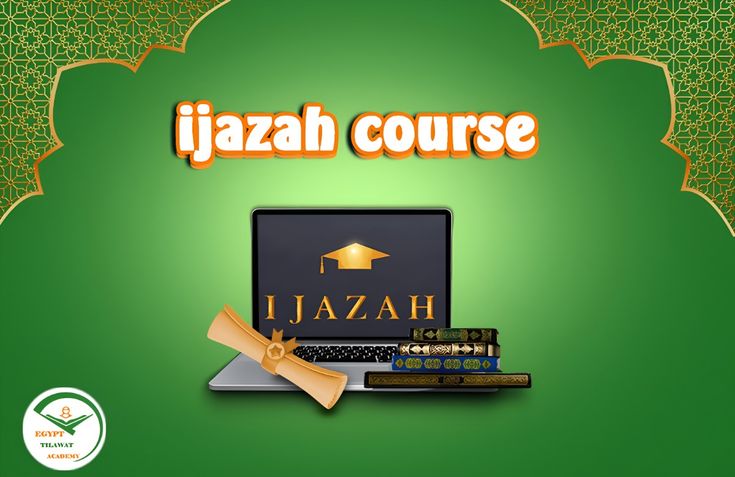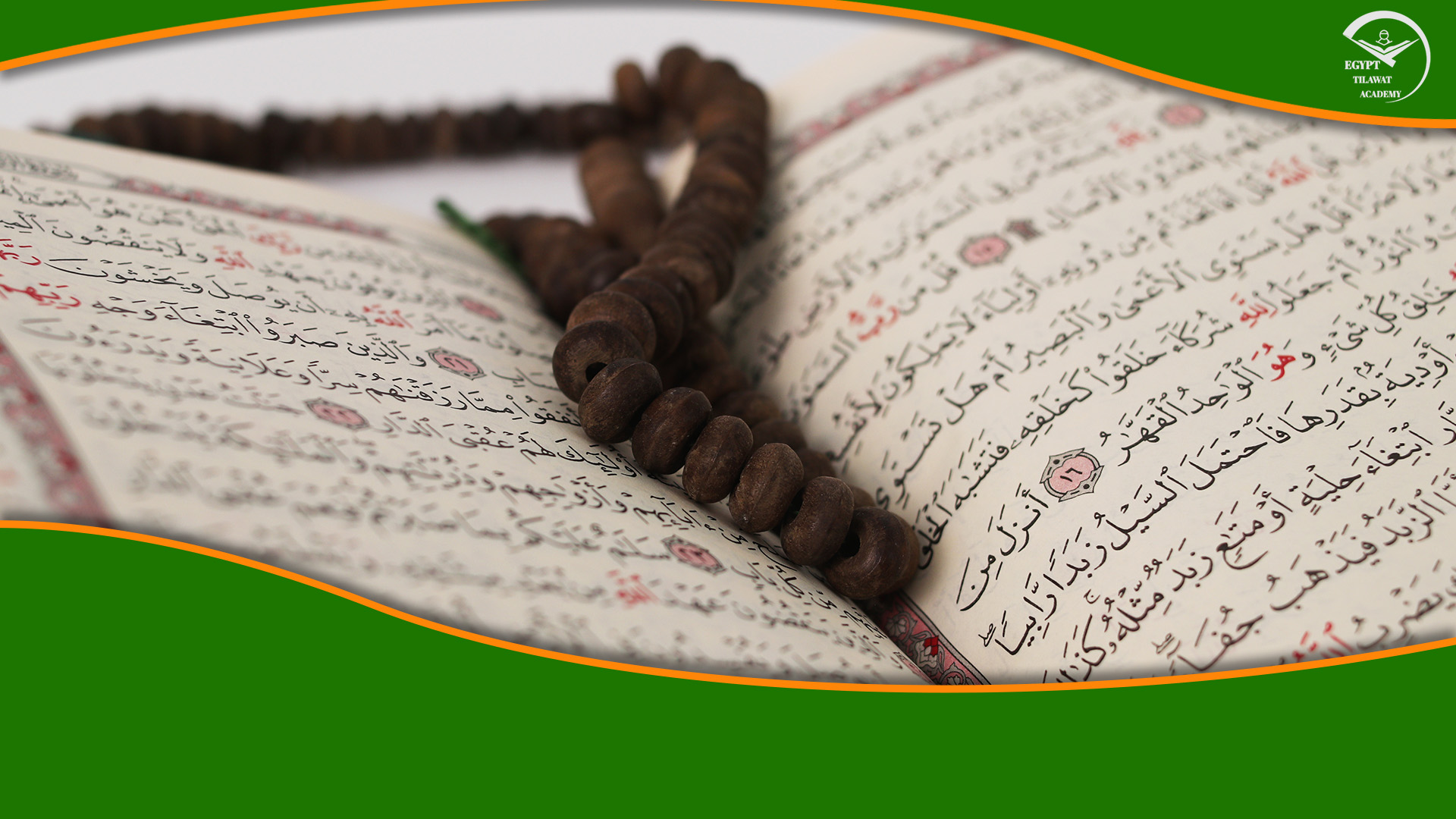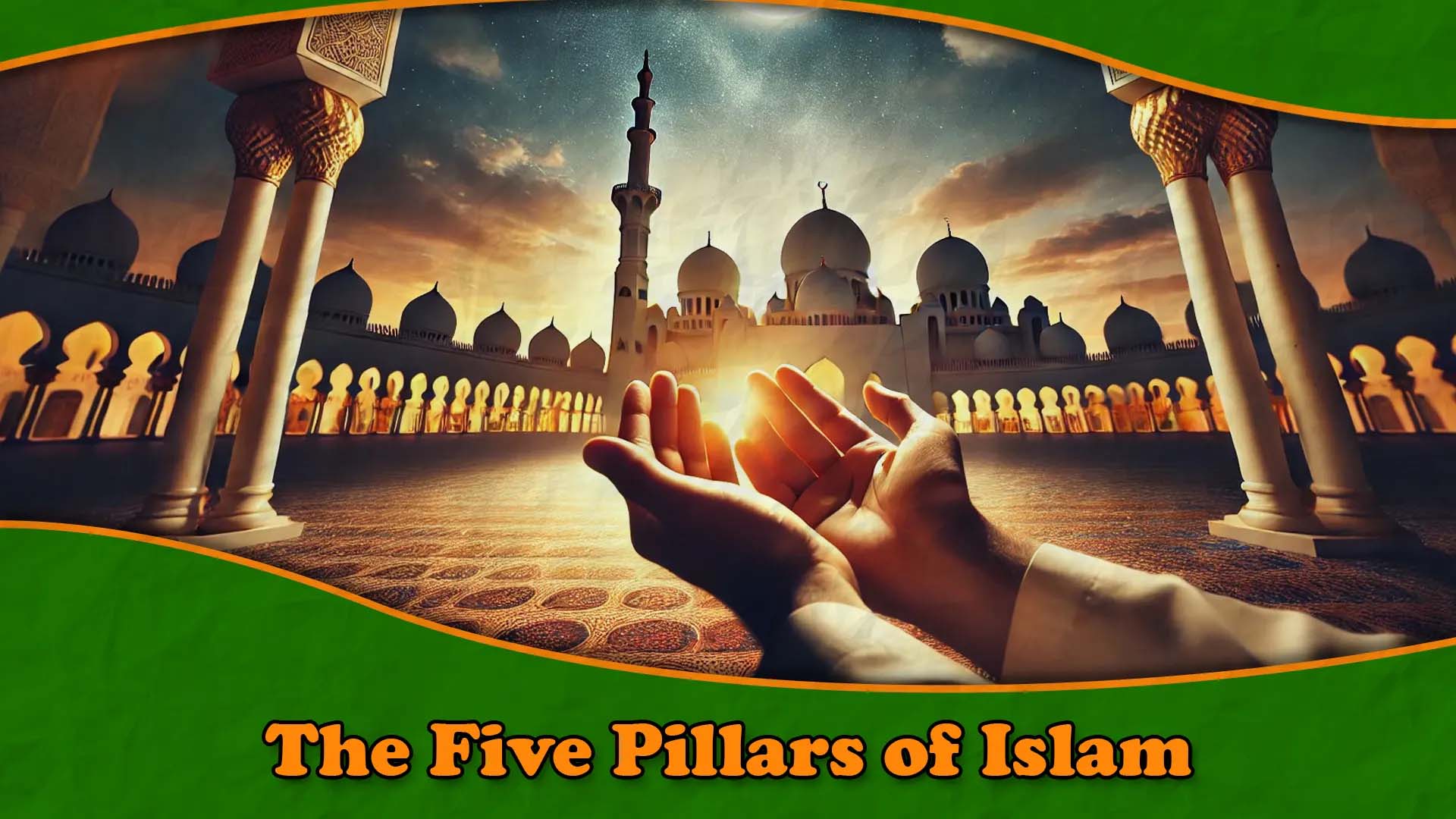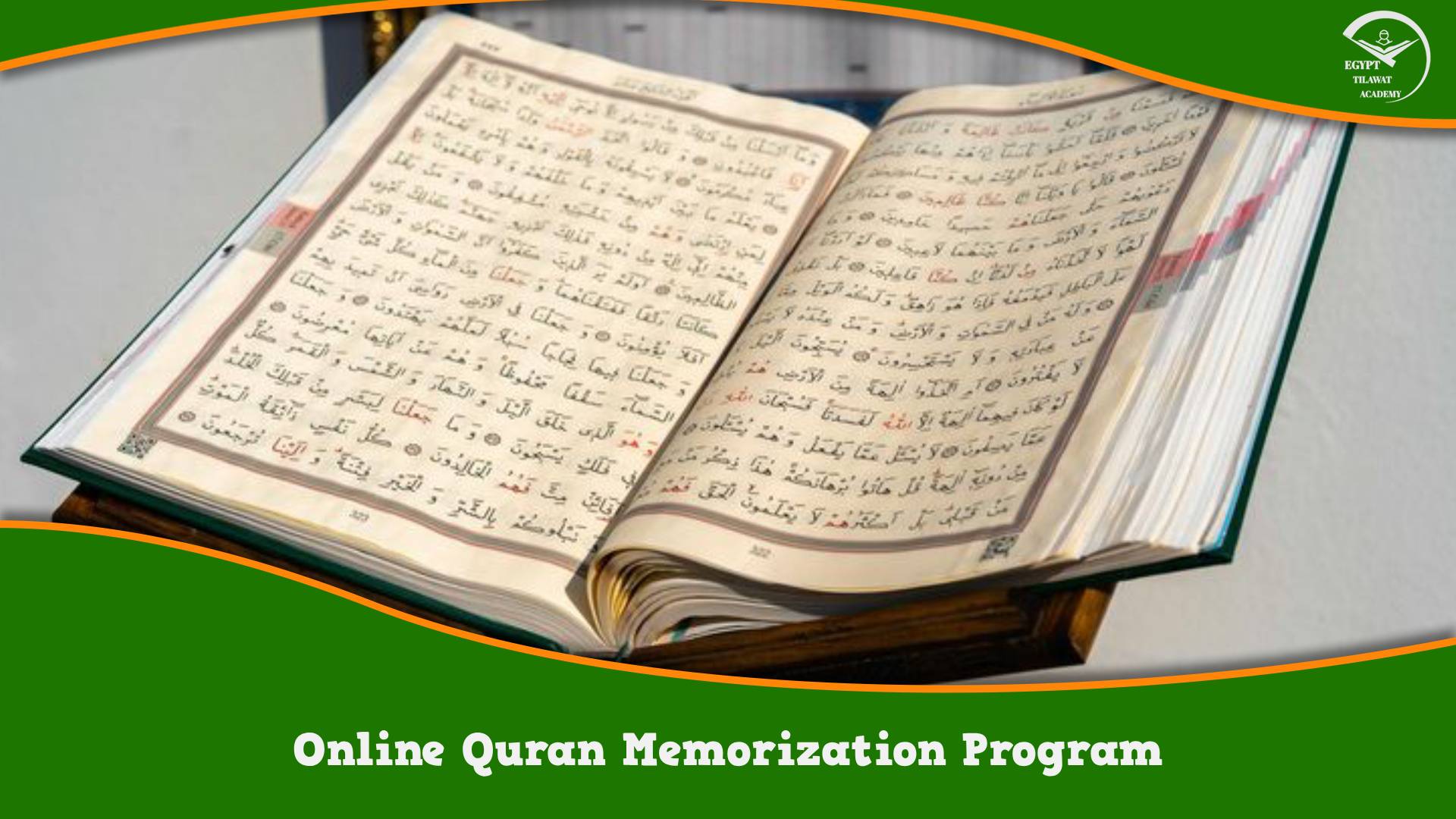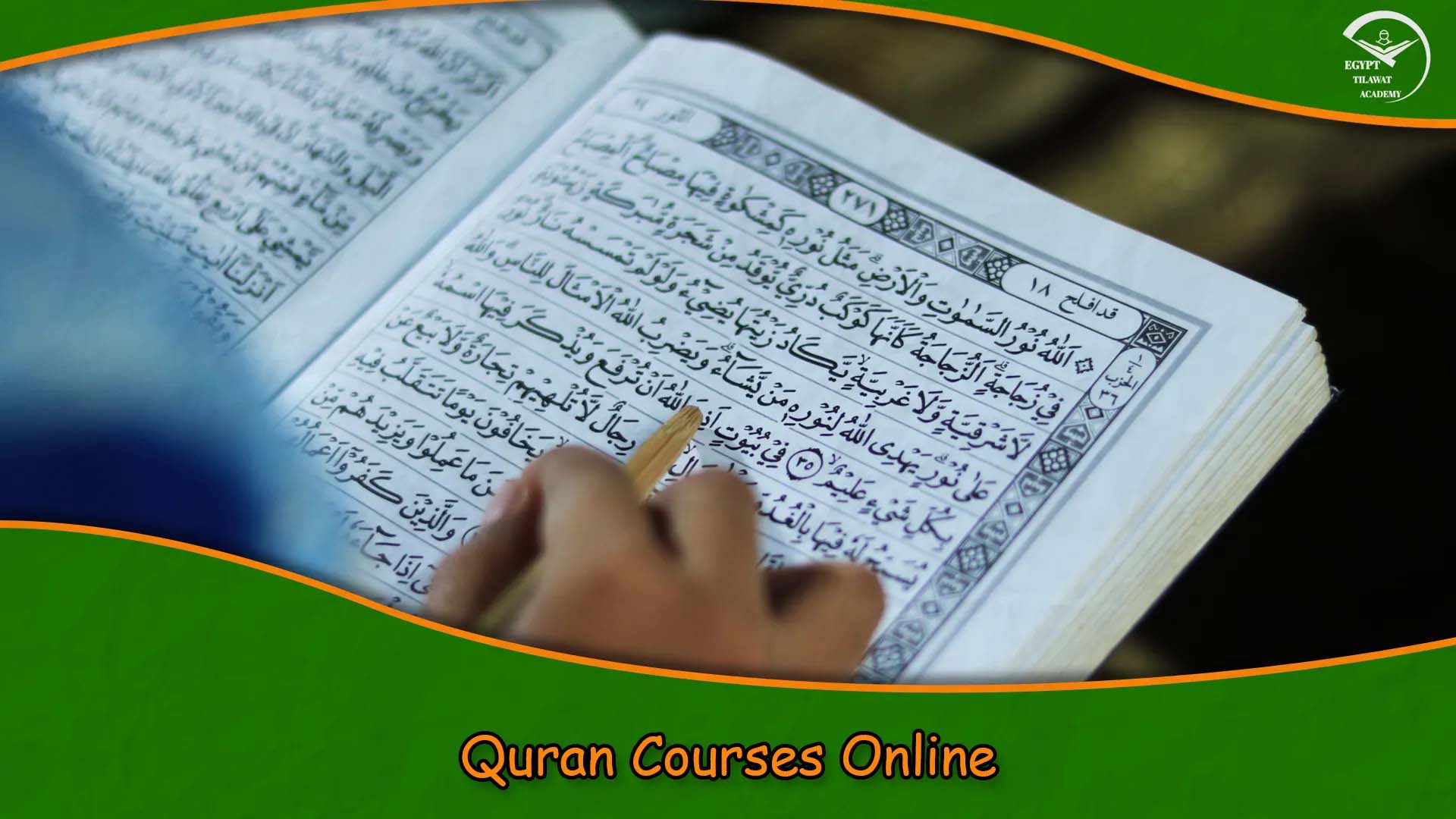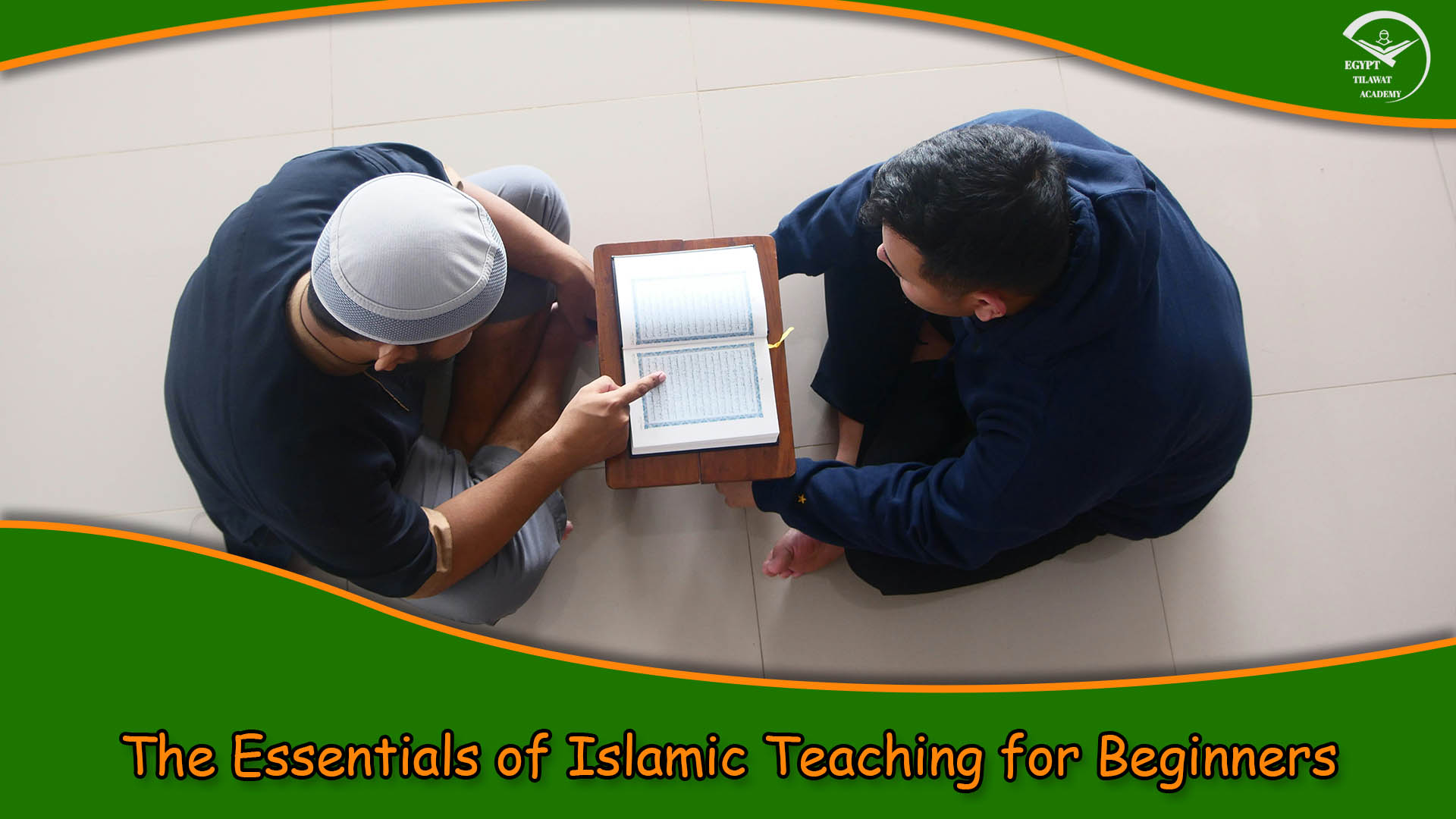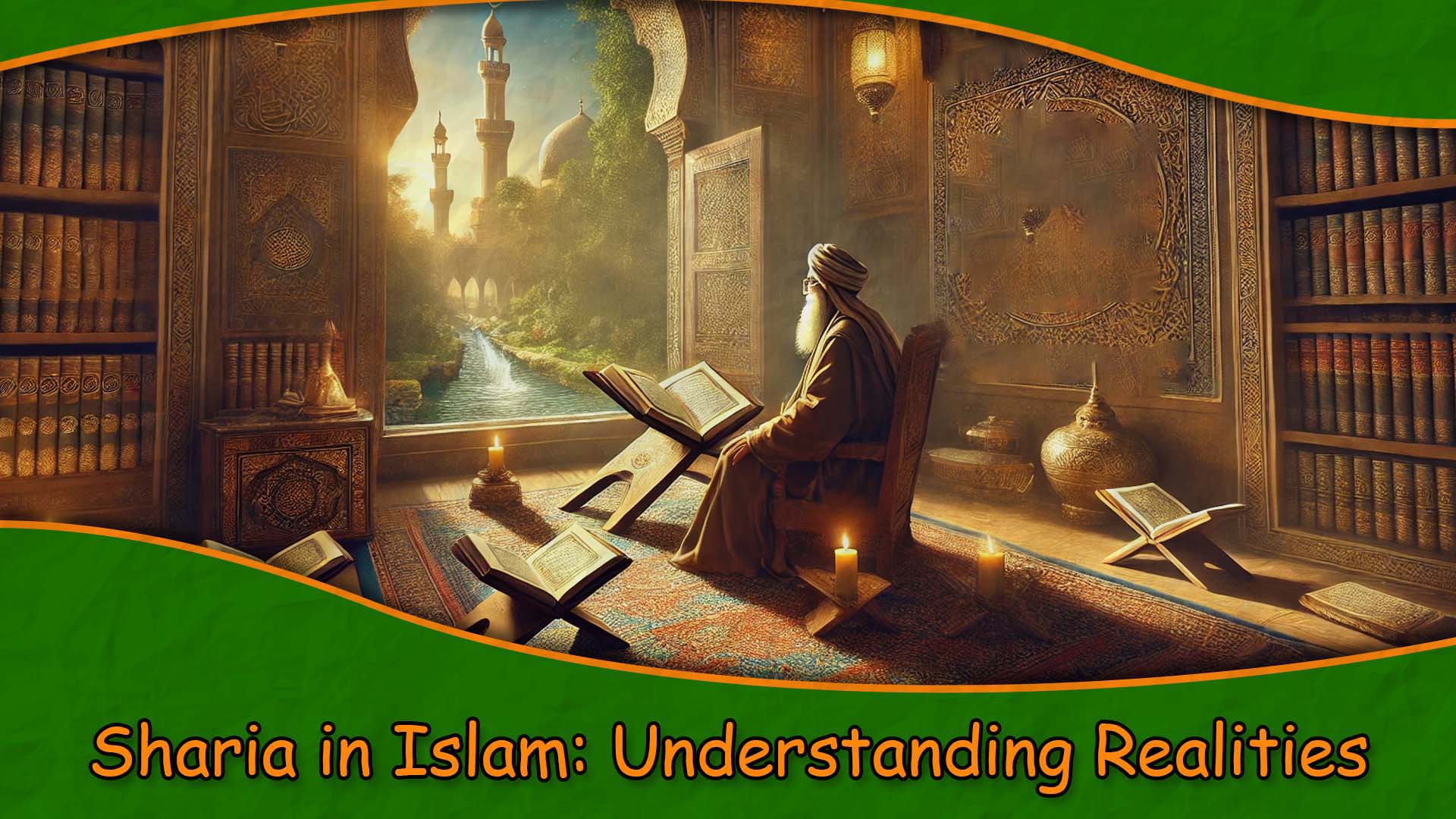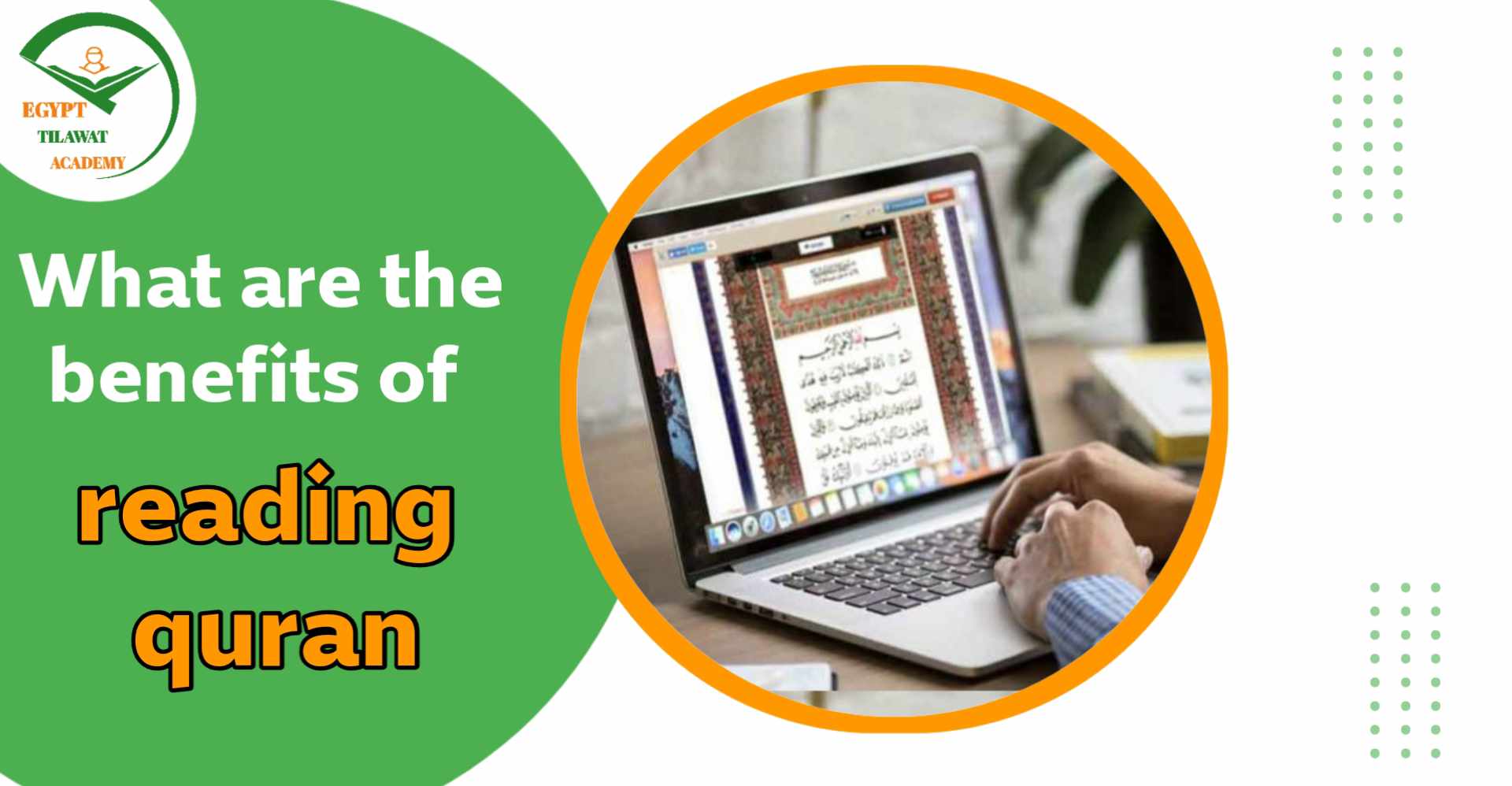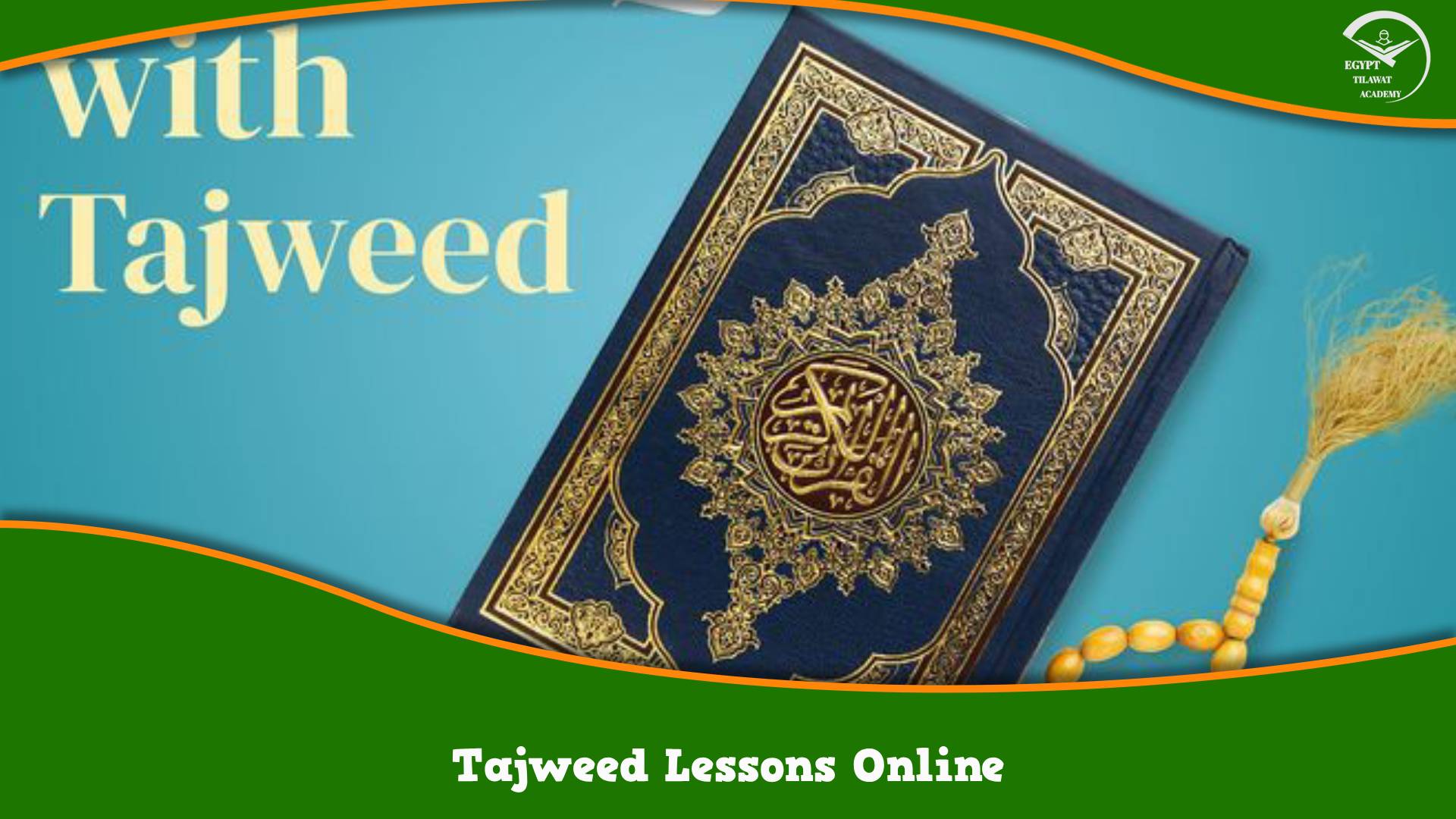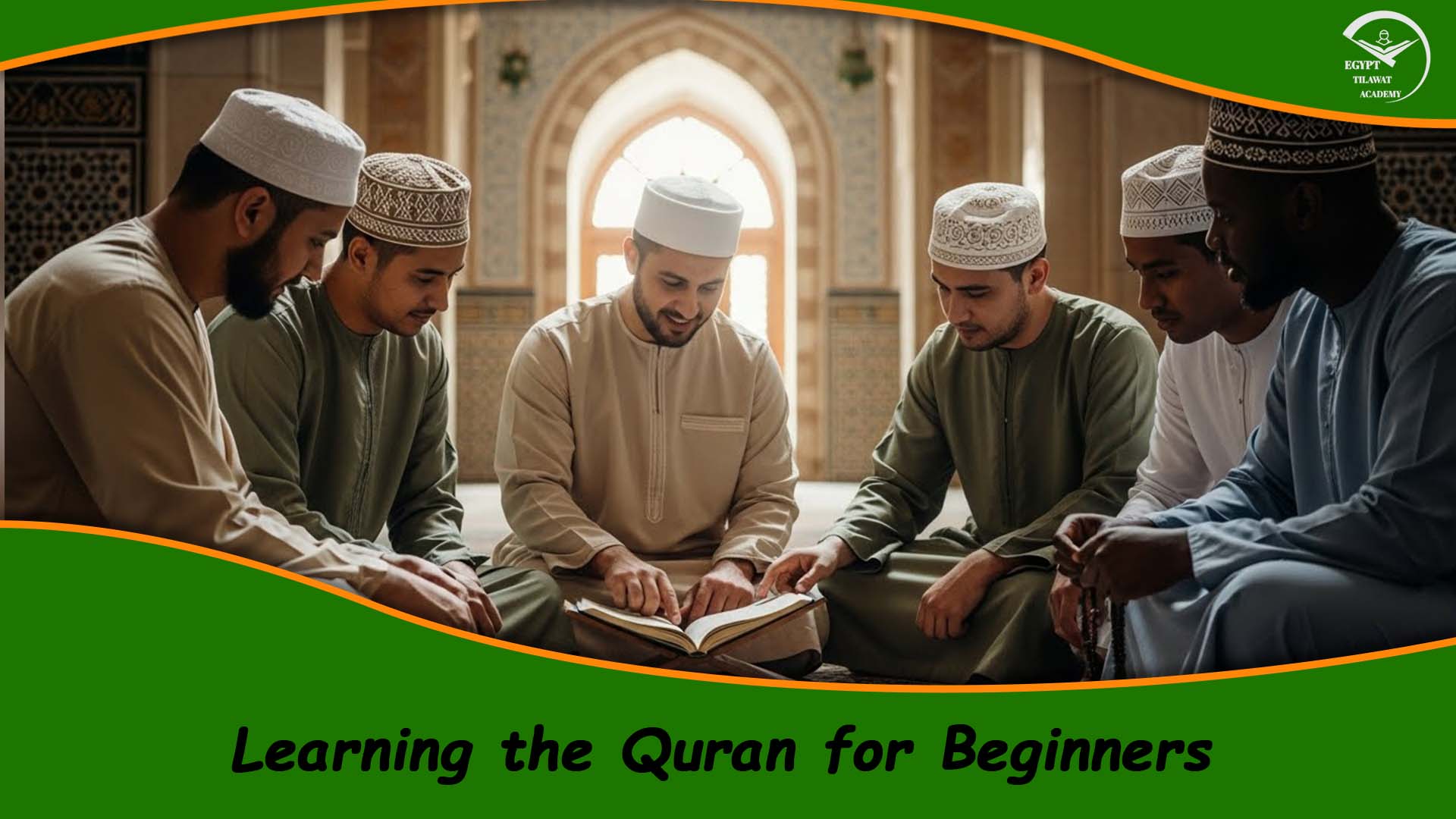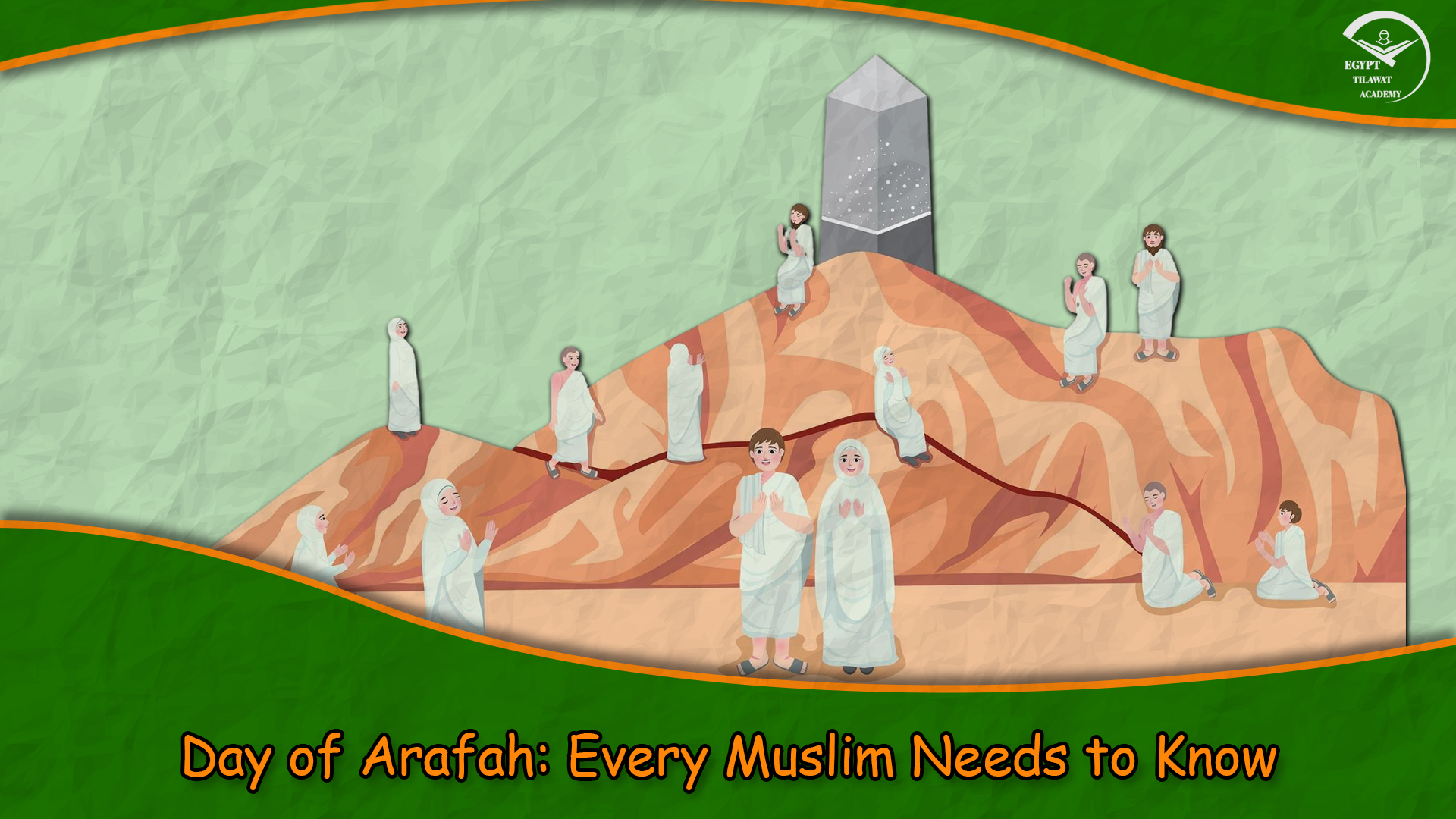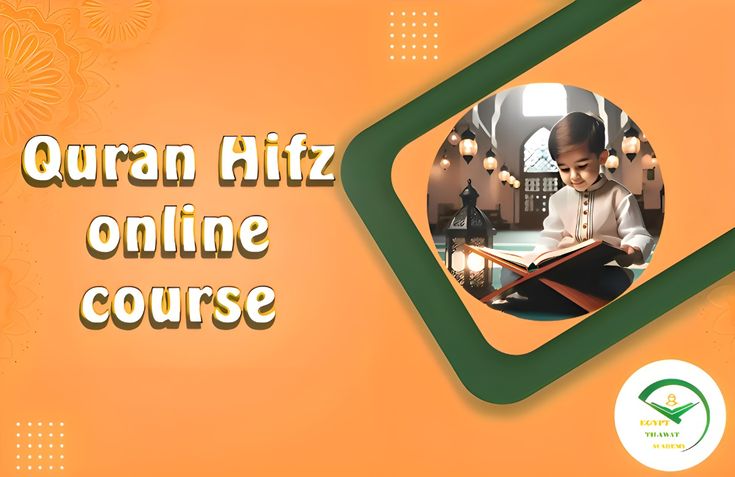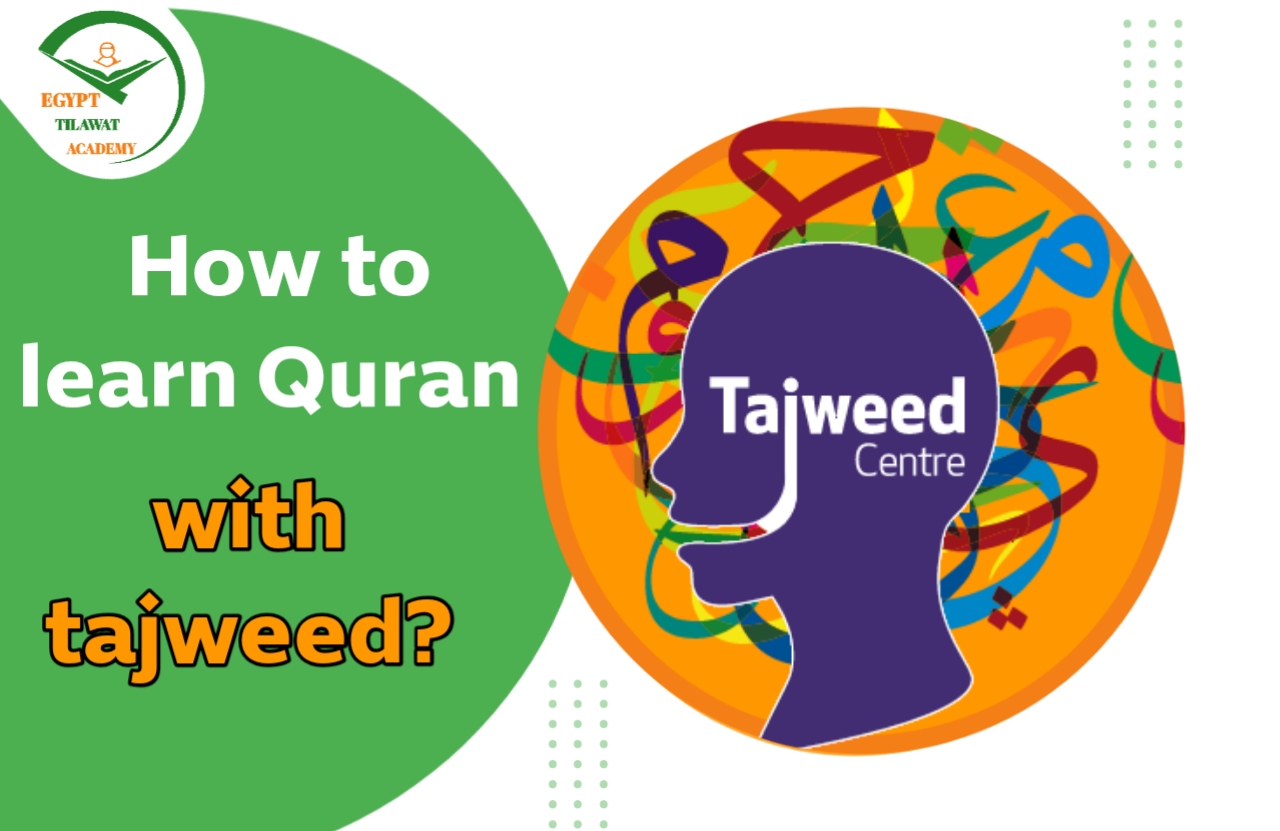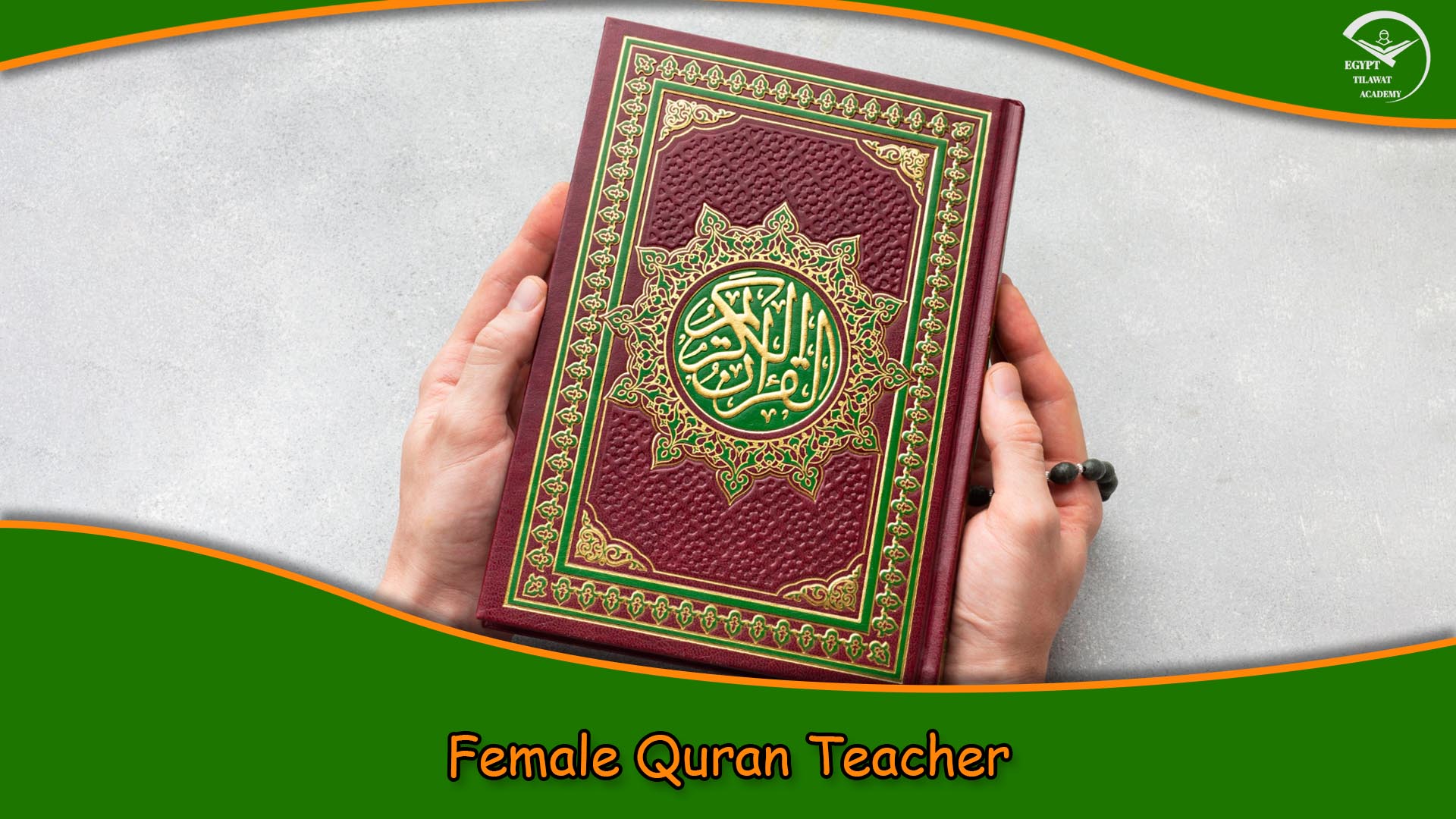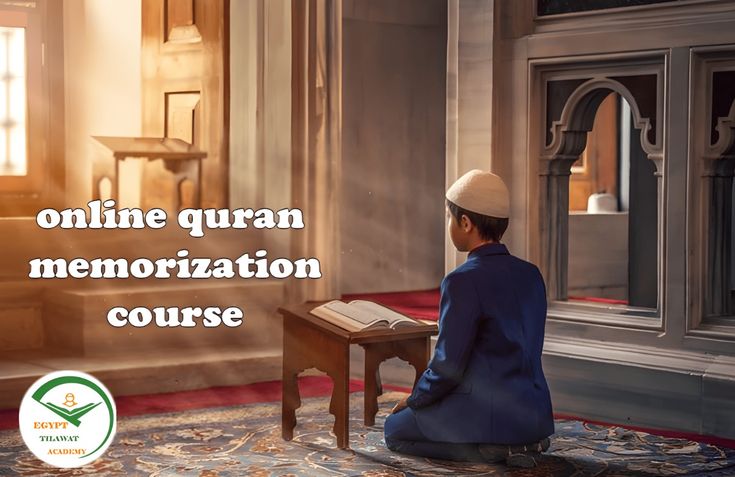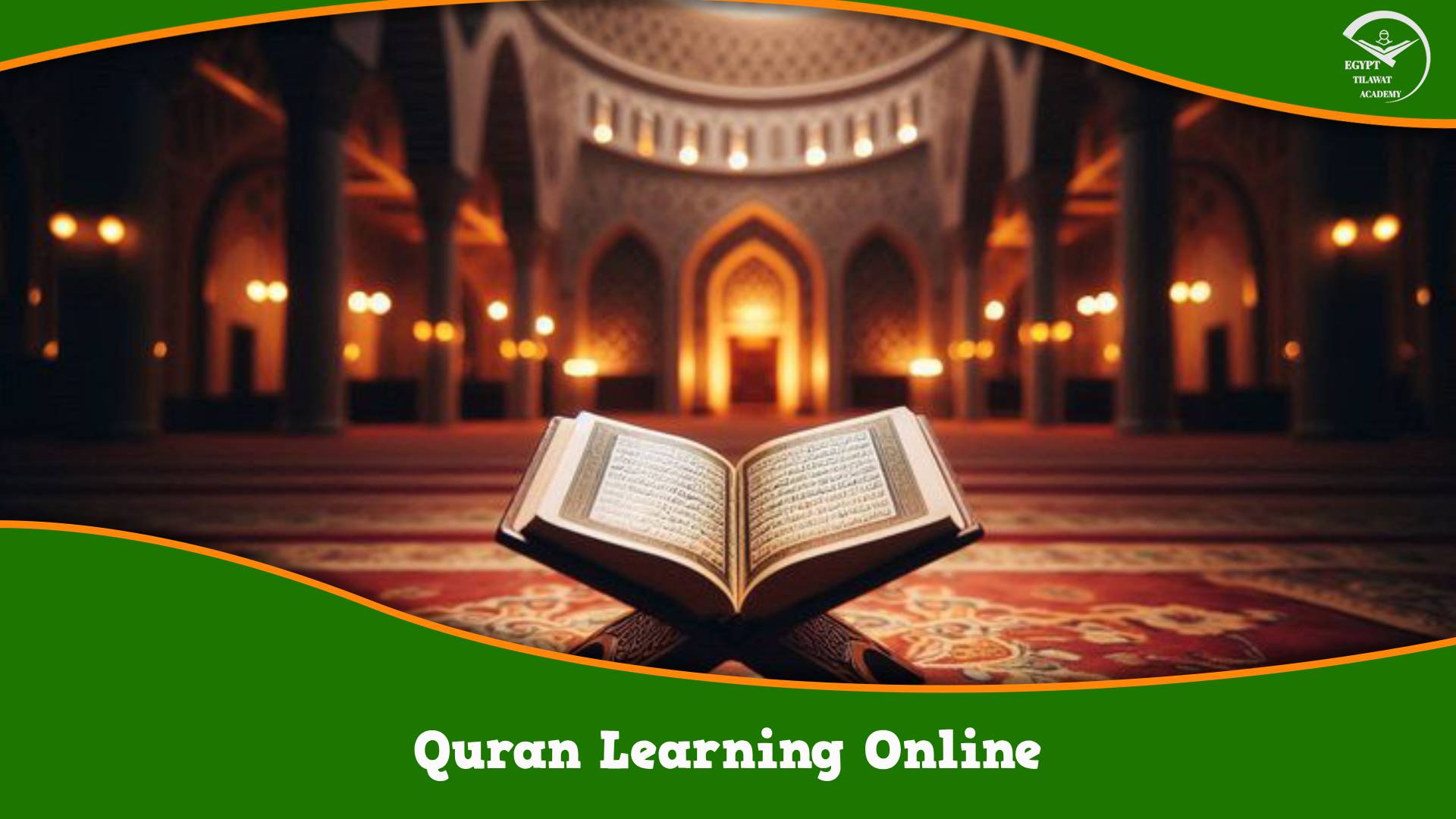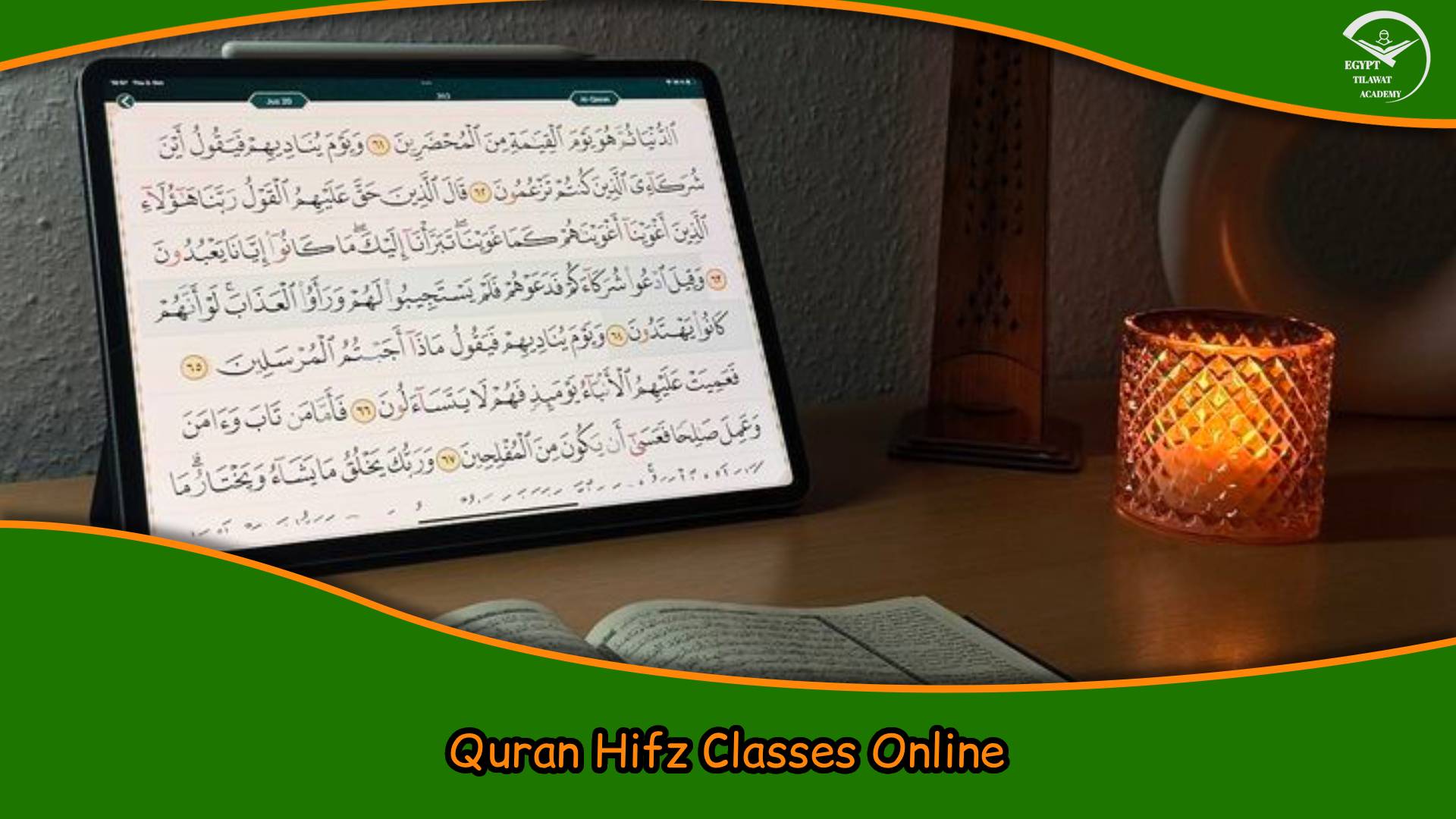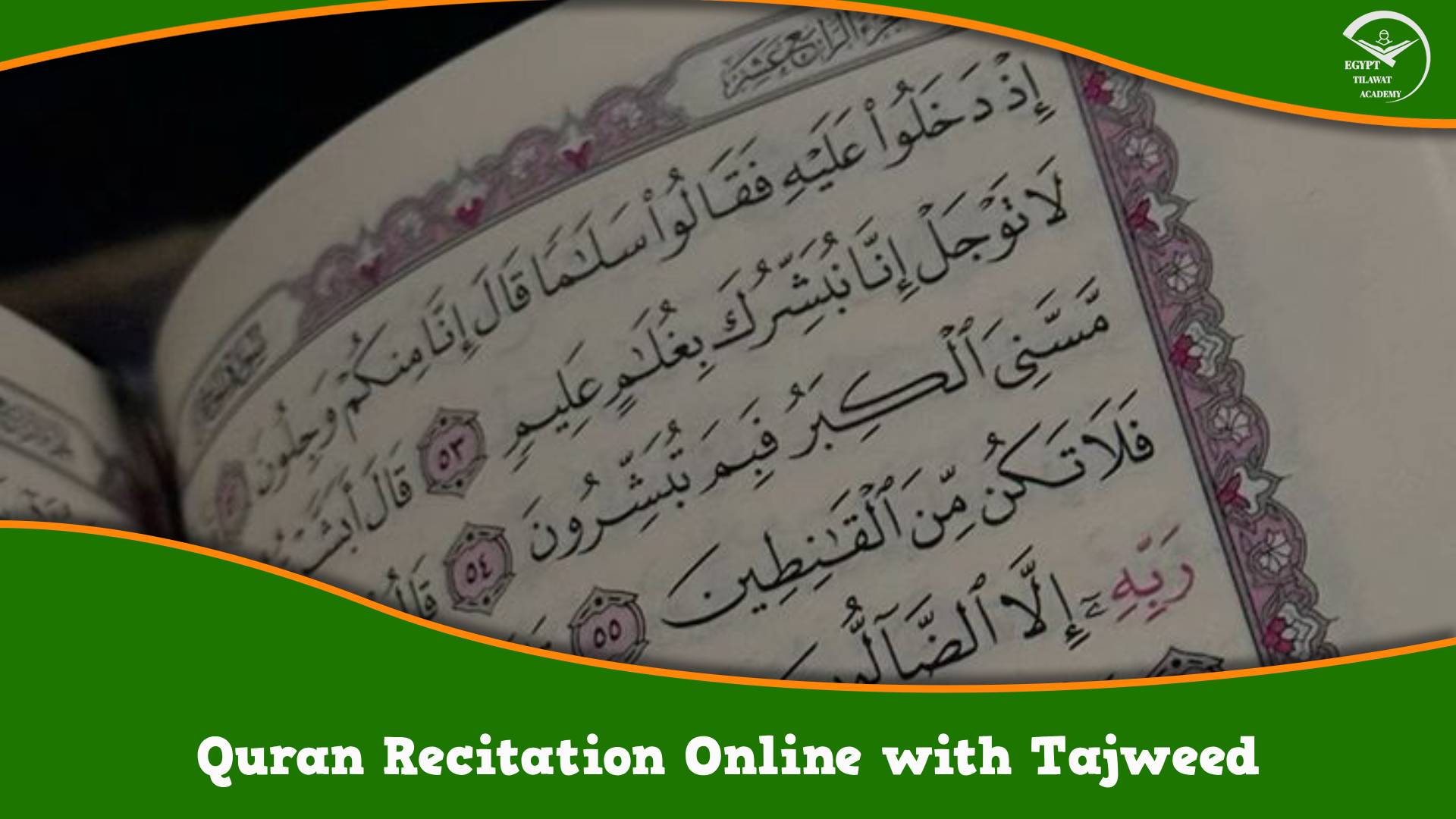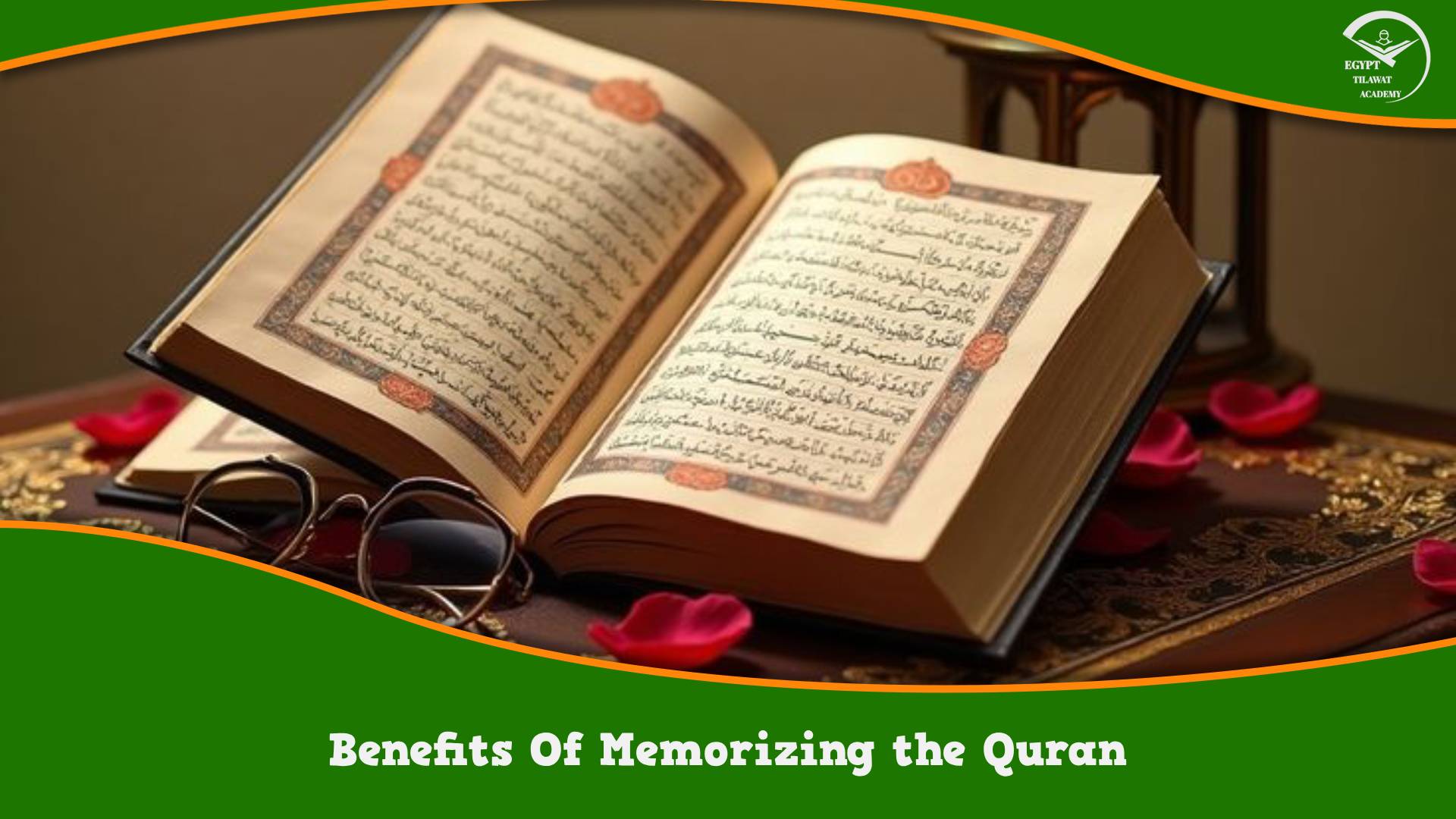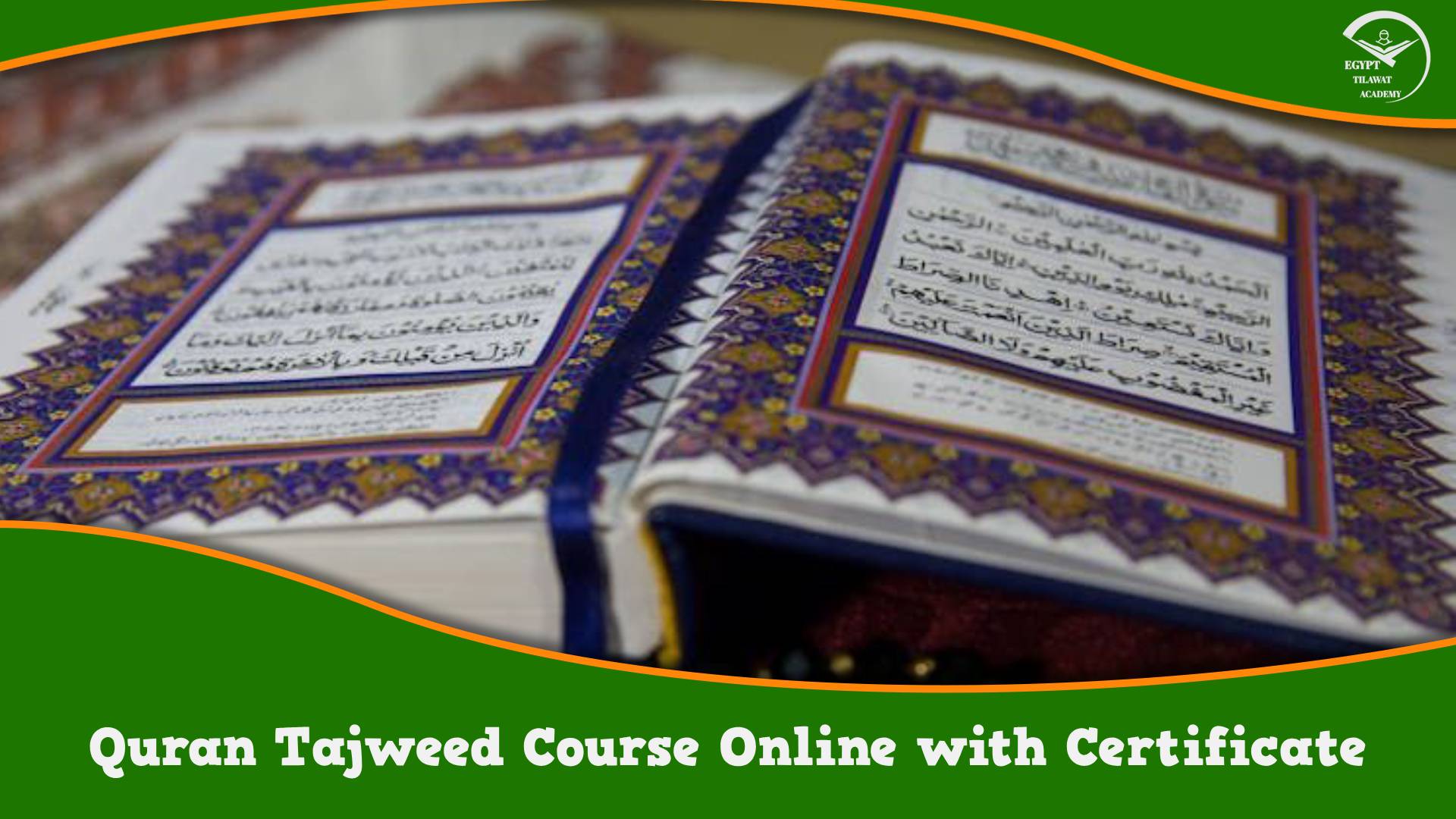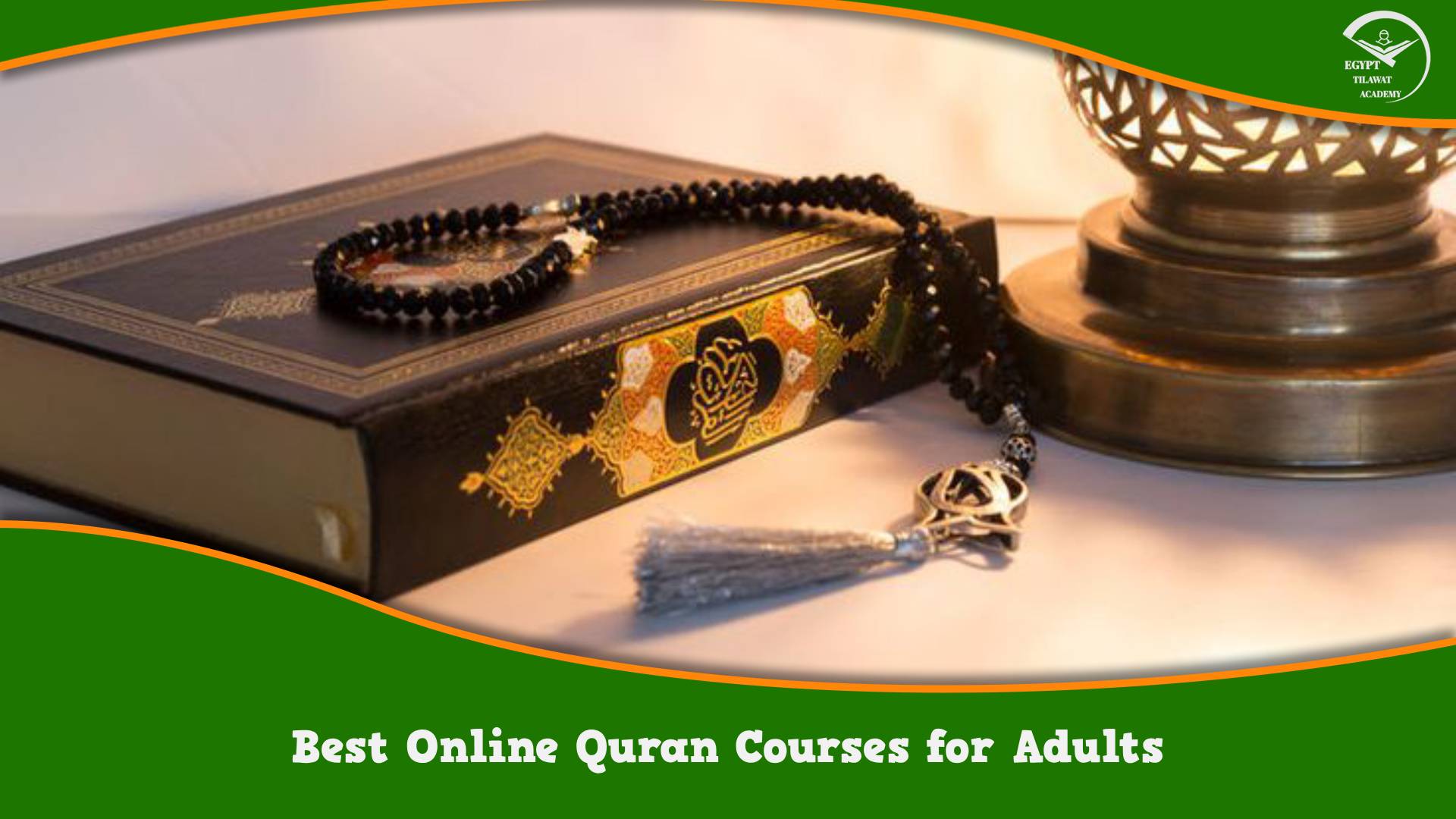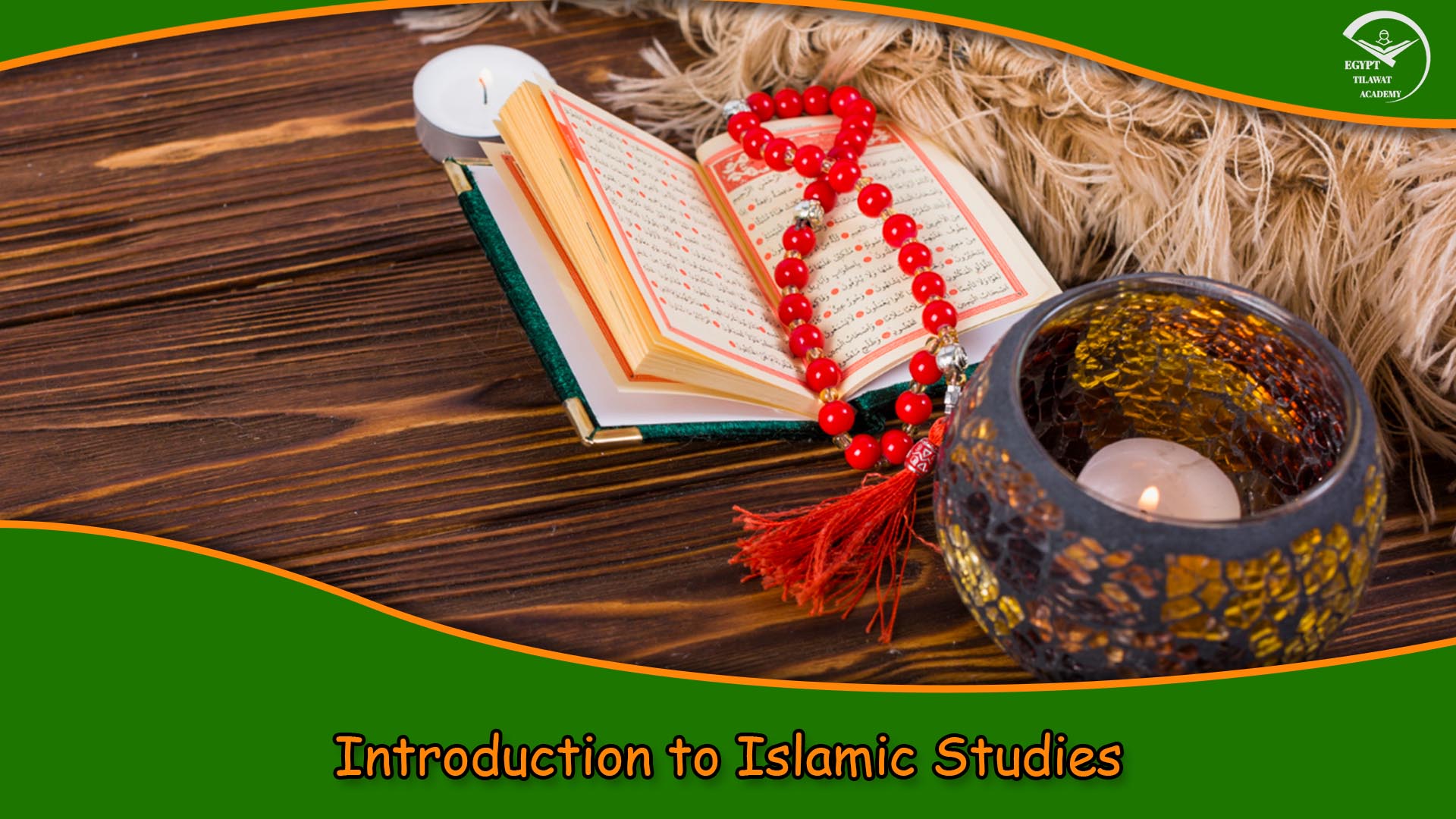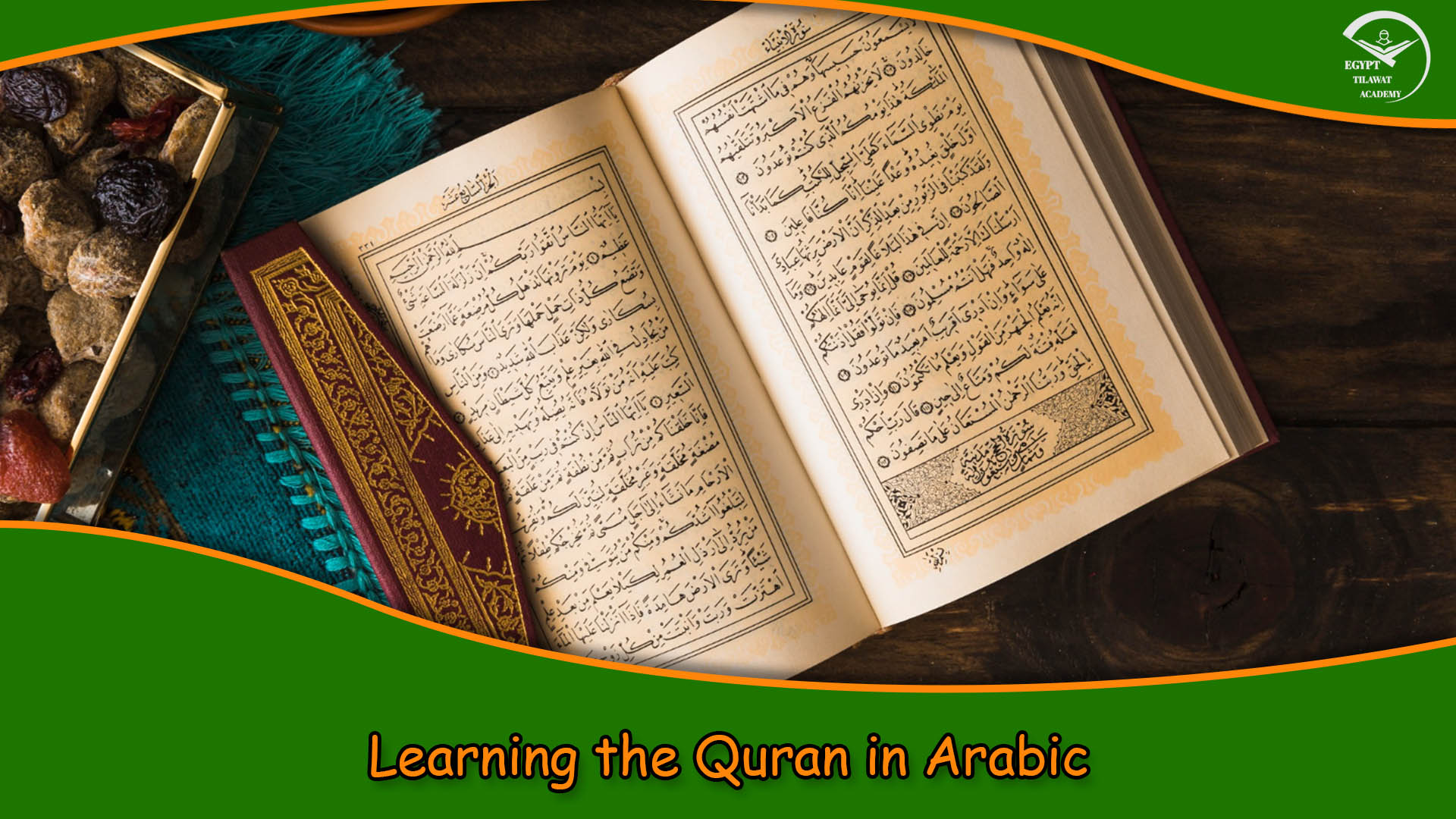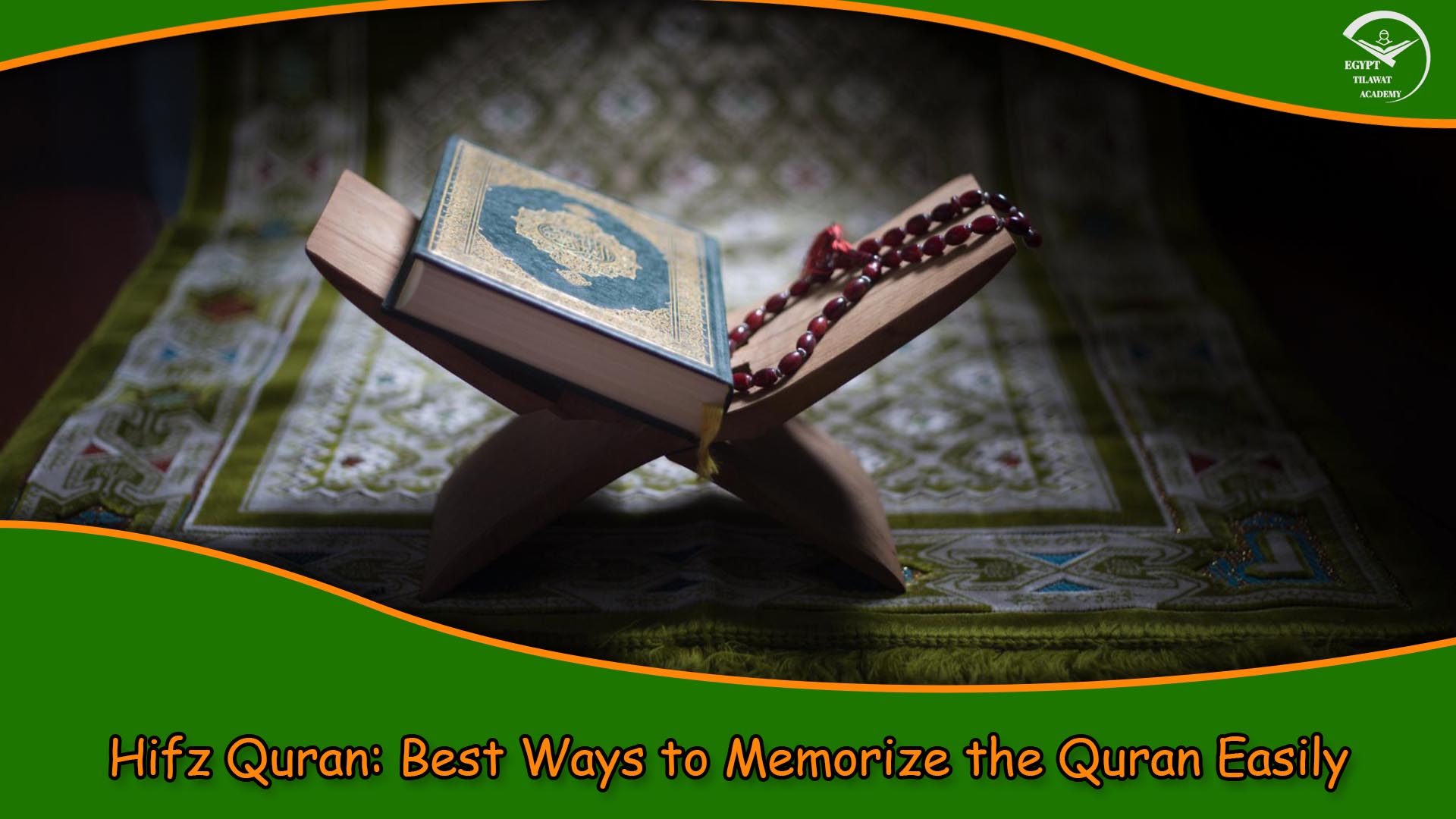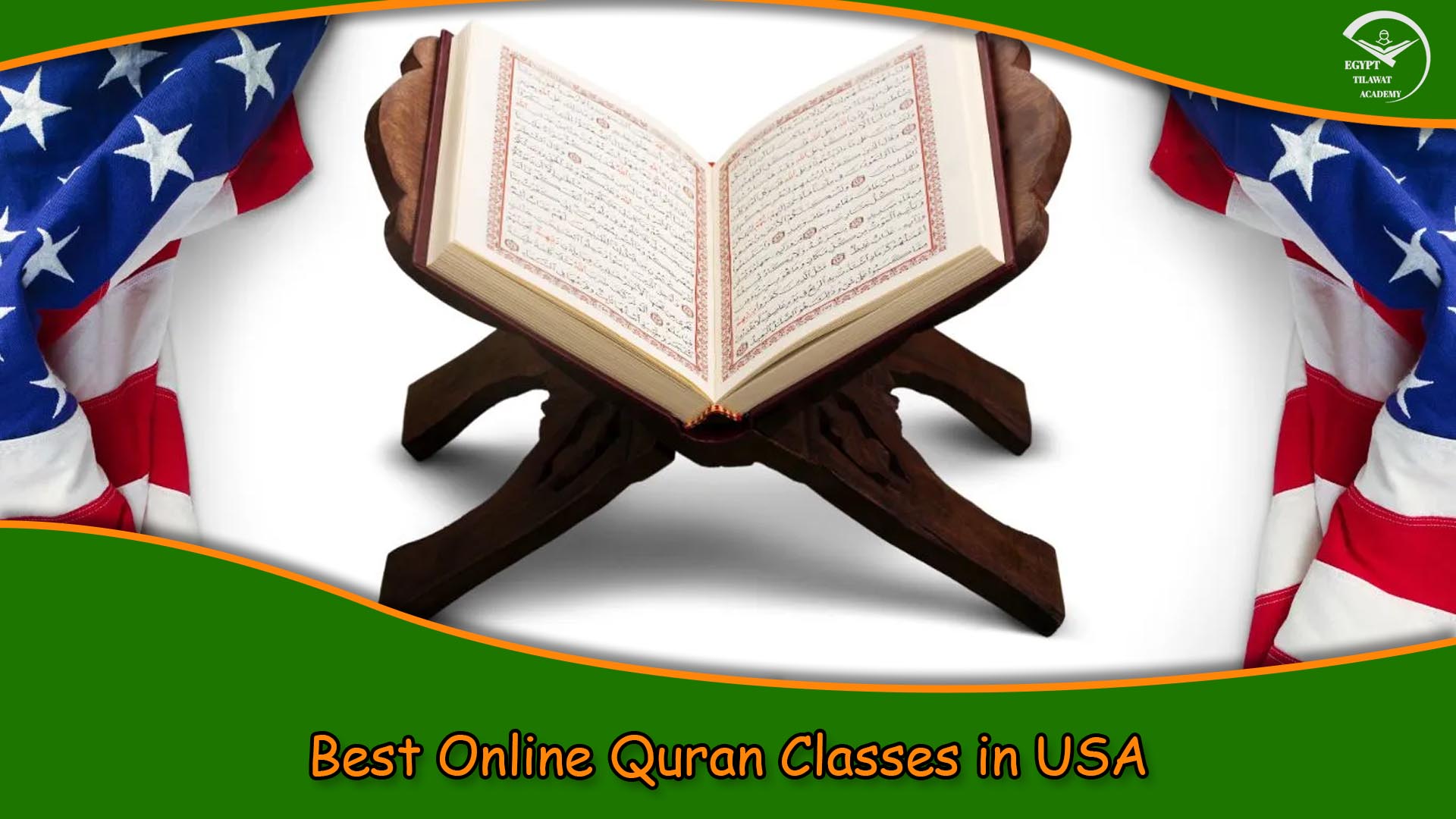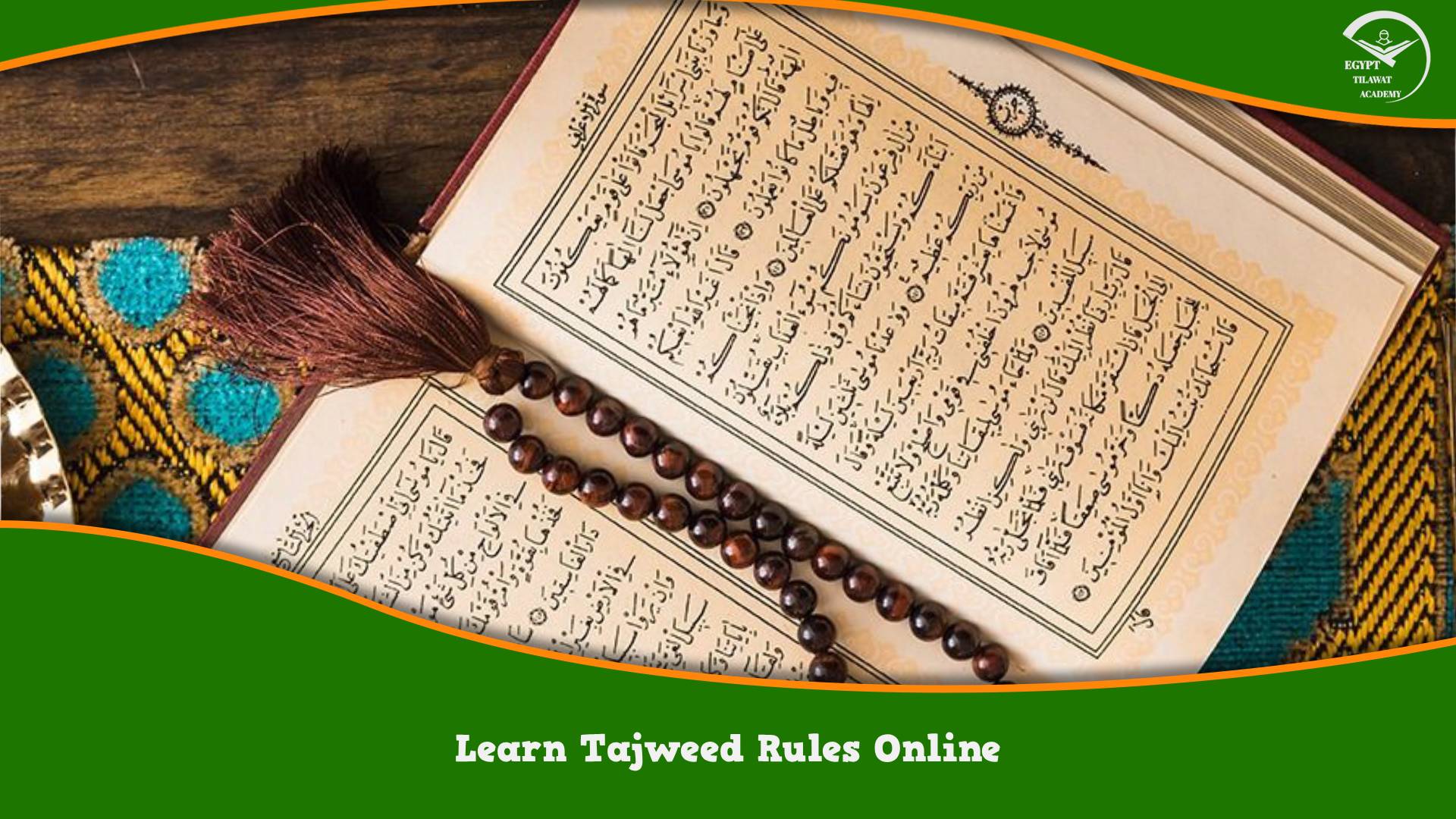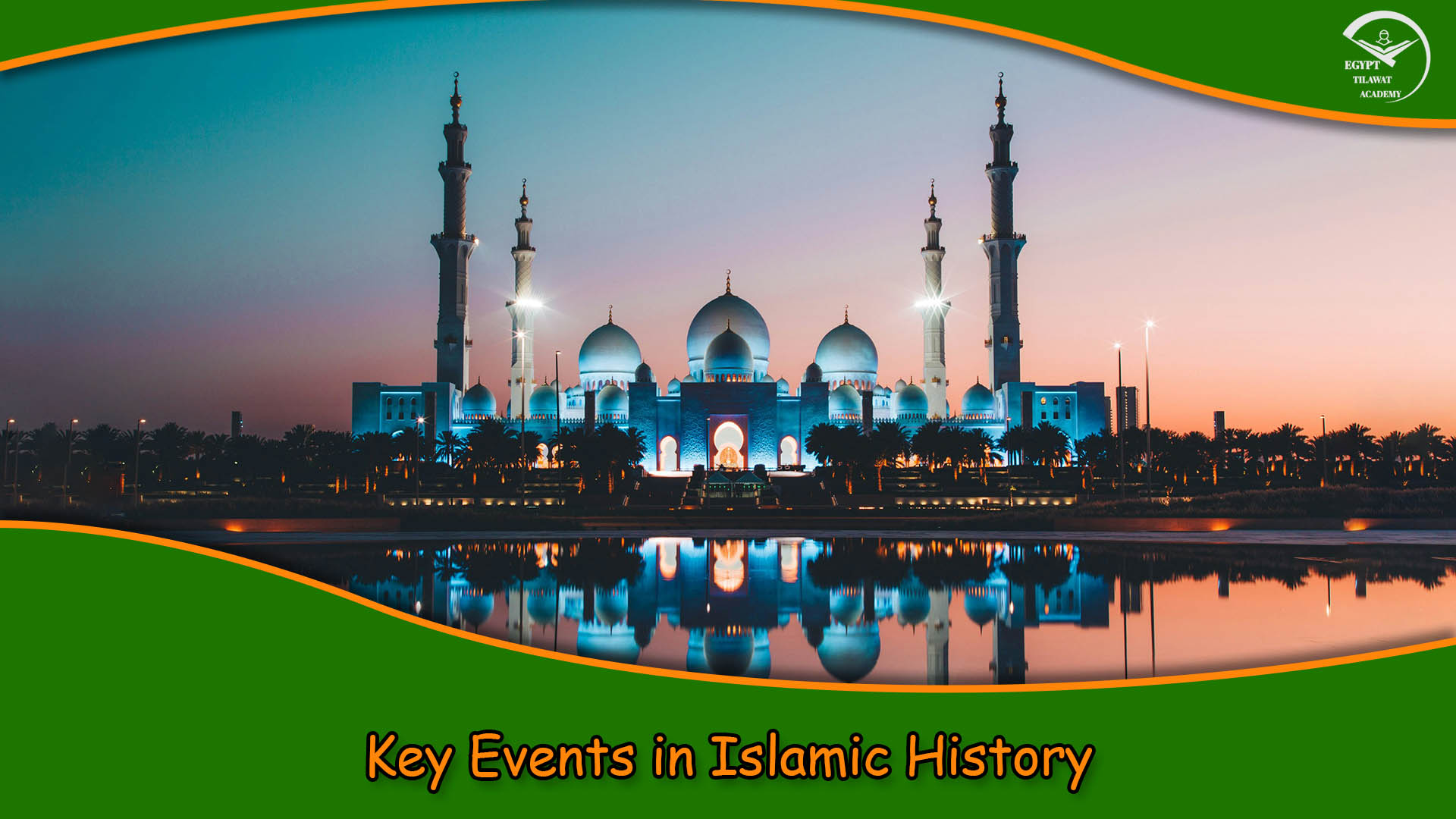
Key Events in Islamic History
Islamic history is a fascinating journey that shaped not only the religion of Islam but also global civilization.
From the birth of Prophet Muhammad (PBUH) in Mecca to the rise of modern
Muslim states, the history of Islam covers events that influenced faith,
culture, politics, and society across centuries.
These key events are not just historical milestones; they are essential for
every Muslim to understand because they shaped the origins, spread, and
identity of Islam as a monotheistic religion founded on the message of one God
(Allah).
This article highlights the most important key events in the history of
Islam, showing how they influenced Muslims, their beliefs, and the societies
they lived in.
If you want to learn Islamic history in depth, leading platforms such as
Egypt Tilawat Academy offer courses that combine the study of the Qur’an with
historical context, making Islamic studies more meaningful.
Birth and Prophethood of Muhammad (PBUH)
According to Al-Sīra al-Nabawiyya in Islamic History, Muhammad, the final
Islamic prophet, was born and lived in Mecca for the first 53 years of his life
(c. 570–622 CE) until the Hijra.
His proclamation of prophethood characterizes this period of his life.
Birth of Muhammad (PBUH) Islamic History(570 CE):
In Islamic History, the Prophet Muhammad (PBUH) was born in Mecca in 570 CE,
a year known as the Year of the Elephant.
At that time Islamic History, the Arabian Peninsula was marked by tribal
divisions, idol worship, and social injustices.
His birth was a turning point, as he was destined to become the final
messenger in a long line of prophets such as Abraham, Moses, and Jesus (peace
be upon them all).
Muslims believe that Muhammad’s life story (Seerah) and Islamic History are
central to understanding the origins of Islam.
His character, known for honesty and trustworthiness, earned him the title
Al-Amin (the trustworthy), preparing him for his divine mission.
First Revelation (610 CE):
In Islamic History, at the age of 40, while meditating in the cave of Mount
Hira, Muhammad (PBUH) received the first revelation through the Angel Gabriel.
These revelations, later compiled into the Qur’an, introduced the divine
message of monotheism — calling people to submit to Allah and abandon idol
worship.
This marked the start of Islam as a revealed religion, transforming Arabia
and eventually much of the world.
The early revelations focused on faith, justice, and the oneness of God,
laying the foundation for Islam’s spread.
Early Muslim Community in Islamic History
The Early Muslim Community, or Ummah, was the original community of
followers of Islam.
Formed under the leadership of the Prophet Muhammad in 7th-century Saudi
Arabia, initially in Mecca and then expanded to Medina (Yathrib) after the
Hijrah.
This religiously unified community replaced the pre-Islamic tribal system in
Islamic History, emphasizing faith in God and Muhammad's divine message over
kinship.
Hijra in Islamic History (622 CE):
The migration (Hijra) in Islamic History from Mecca to Medina in 622 CE was
a major event in Islamic history.
It marked the beginning of the Islamic calendar and the establishment of the
first organized Muslim community.
In Medina, Prophet Muhammad (PBUH) founded a society based on faith,
justice, and brotherhood, uniting Muslims, Jews, and other tribes under a
constitution.
Battle of Badr (624 CE):
The Battle of Badr was the first major military confrontation between
Muslims and Quraysh.
Despite being outnumbered, the Muslims’ victory strengthened their faith and showed that divine support was with them.++++++++
This event is remembered as a turning point in the survival and growth of Islam.
The Conquest of Mecca (630 CE):
In 630 CE, Prophet Muhammad (PBUH) and his followers returned to Mecca peacefully, cleansing the Kaaba of idols and reestablishing it as a center of monotheistic worship.
This conquest marked the near-complete acceptance of Islam across the Arabian Peninsula.
The Farewell Pilgrimage in Islamic History (632 CE):
Shortly before his death, Muhammad (PBUH) delivered his Farewell Sermon
during his last pilgrimage to Mecca.
In this sermon, he emphasized equality, justice, and adherence to the Qur’an
and Sunnah.
His words continue to guide Muslims worldwide as a timeless reminder of
faith and unity.
Rashidun Caliphate in Islamic History
The Rashidun Caliphate in Islamic History was the first Islamic state,
established by the first four "Rightly Guided Caliphs" (Abu Bakr,
Umar, Uthman, and Ali) from 632 to 661 AD, following the death of the Prophet
Muhammad.
This period is considered in Islamic History a model for ideal Islamic
leadership and governance, and saw the expansion of the Islamic state into
Persia, the Levant, and Egypt.
As well as the foundation of important administrative systems and public
welfare projects.
Abu Bakr as the First Caliph:
After the death of Muhammad (632 CE), Abu Bakr became the first caliph,
leading the community with wisdom.
He preserved unity among Muslims and initiated campaigns that expanded Islam
beyond Arabia.
Conquest of the Levant in Islamic History (637 CE):
Under Caliph Umar ibn al-Khattab in Islamic History, the Muslims achieved
significant victories, including the conquest of Jerusalem and much of the
Levant.
This expansion marked Islam’s entry into Asia, Africa, and beyond,
introducing Islamic culture, society, and governance to new regions.
Uthman's Reign and the Standardization of the Quran (c. 650 CE):
During Uthman ibn Affan’s caliphate, the Qur’an was compiled into a single,
standardized book to preserve its authenticity.
This was one of the most important contributions in Islamic history,
ensuring that all Muslims had access to the unchanged message of Allah.
Ali ibn Abi Talib as the Fourth Caliph:
Ali ibn Abi Talib, the Prophet’s cousin and son-in-law, became the fourth
caliph.
His reign was marked by internal conflicts but also deep scholarship and
devotion.
Many stories about Ali emphasize his courage, wisdom, and dedication to
justice.
Division and Empire in Islamic History
Islamic history features the rise and fall of numerous empires and
dynasties, beginning shortly after the Prophet Muhammad.
Islam's spread, facilitated by Islamic conquest, trade, and missionaries,
led to the establishment of vast empires.
These empires in Islamic history encompassed diverse regions across the
Middle East and beyond.
Islamic history is marked by both periods of unity and significant
fragmentation into various states and dynasties.
The Medieval Islamic Empire, starting in the mid-600s, is a key example of
this imperial expansion.
The Battle of Karbala (680 CE):
The martyrdom of Imam Husayn, the grandson of the Prophet, at Karbala was a
tragic event that shaped Islamic identity, particularly for Shia Muslims.
This battle highlighted the struggle against injustice and remains a symbol
of sacrifice in Islamic tradition.
Fall of the Umayyad Caliphate (750 CE):
The Umayyads had expanded Islam into vast territories, but their downfall in
750 CE marked a new phase of Islamic history.
Their fall gave rise to the Abbasid Caliphate, which established its capital
in Baghdad.
The Abbasid Caliphate:
The Abbasid period (750–1258 CE) is often called the Golden Age of Islam.
It was a time when Islamic culture, science, philosophy, and the arts
flourished.
Scholars translated books, preserved ancient knowledge, and advanced fields
such as mathematics, medicine, and astronomy, influencing both medieval and
modern societies.
Later History and Expansion
The later history and expansion of Islam, beginning in the 7th century CE
with the Prophet Muhammad, involved early conquests and the creation of large
empires.
After 1405, the power shifted from nomadic groups to settled populations and
centralized empires.
This period saw the spread of Islam across various regions, lasting almost
1,400 years.
The expansion of Islam was not a singular event but a series of developments
in Islamic History, including shifts in power dynamics and the rise of large,
centralized states.
Muslim Expansion into Spain and India in Islamic History (711 CE):
In 711 CE, Muslim armies expanded into Spain and South Asia, spreading
Islam, culture, and trade.
In Islamic Spain's History, Islamic civilization thrived for centuries,
leaving behind contributions in architecture, philosophy, and the arts.
Islamic History In India, Islam blended with local traditions, shaping the
region’s diverse society.
The Crusades in Islamic History (1099 CE):
The Crusades were in Islamic History wars between European Christians and
Muslims over control of the Holy Land.
While they caused great suffering, they also intensified cultural exchanges
and strengthened Muslim unity in the Middle East.
Mongol Invasion:
The Mongol invasions in the 13th century were devastating, particularly the
sack of Baghdad in 1258, which ended the Abbasid Caliphate’s dominance.
However, over time, many Mongols accepted Islam, demonstrating the
religion’s enduring strength and appeal.
Rise of Modern Muslim States:
From the Ottoman Empire to the emergence of modern Muslim-majority
countries, the later centuries of Islamic history show resilience and
adaptation.
Today, Islam continues to be one of the world’s most popular religions, with
over a billion followers across Asia, Africa, Europe, and beyond.
In Conclusion: Why These Events Matter in Islamic History
The history of Islam is not just a sequence of wars, conquests, and
dynasties.
It is the story of a faith that began with the birth of Muhammad (PBUH) in
570 CE, his revelations in Mecca, and the creation of a new religious identity
on the Arabian Peninsula.
It is about the Qur’an, a holy book believed to be the divine word of God,
guiding Muslims in every age.
From the Hijra to the Golden Age of Islam, from the Battle of Karbala to the
rise of modern Muslim states, each event in Islamic history shaped the
religion, culture, and society of Muslims.
These milestones show how Islam spread, how it overcame challenges, and how
it continues to influence the modern world.
For Muslims, studying Islamic history is not just about memorizing dates. It
is about understanding the roots of faith, the sacrifices of early followers,
and the lessons of unity, justice, and devotion to Allah.
If you want to learn more about the history of Islam, enroll with leading
platforms like Egypt Tilawat Academy.
Where you can discover key stories, study the Qur’an, and explore Islamic
studies in depth.
By understanding the major events of Islamic history, Muslims can strengthen
their identity and faith while connecting with the timeless message of Islam.

